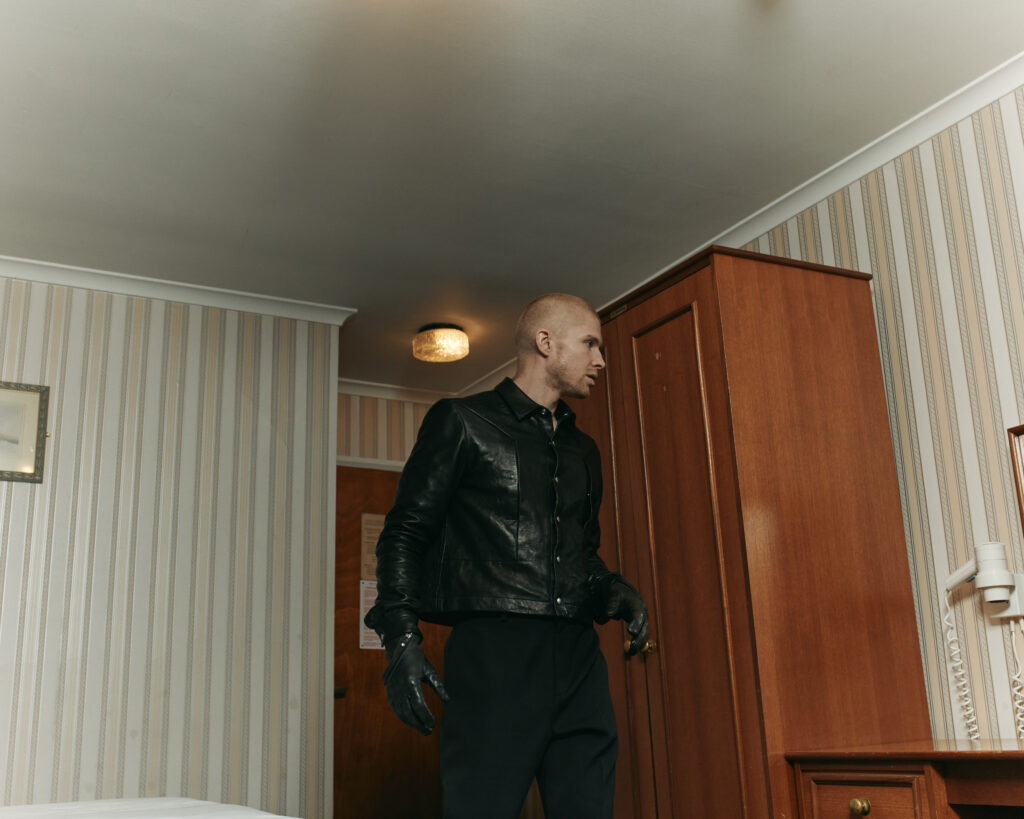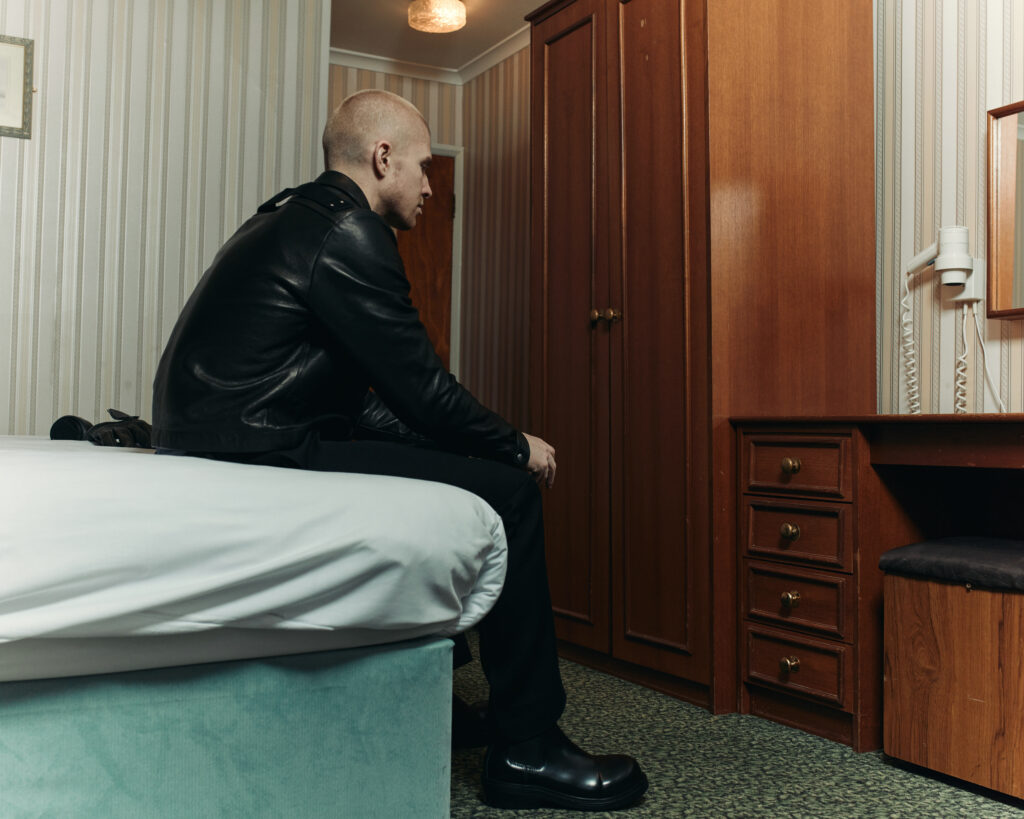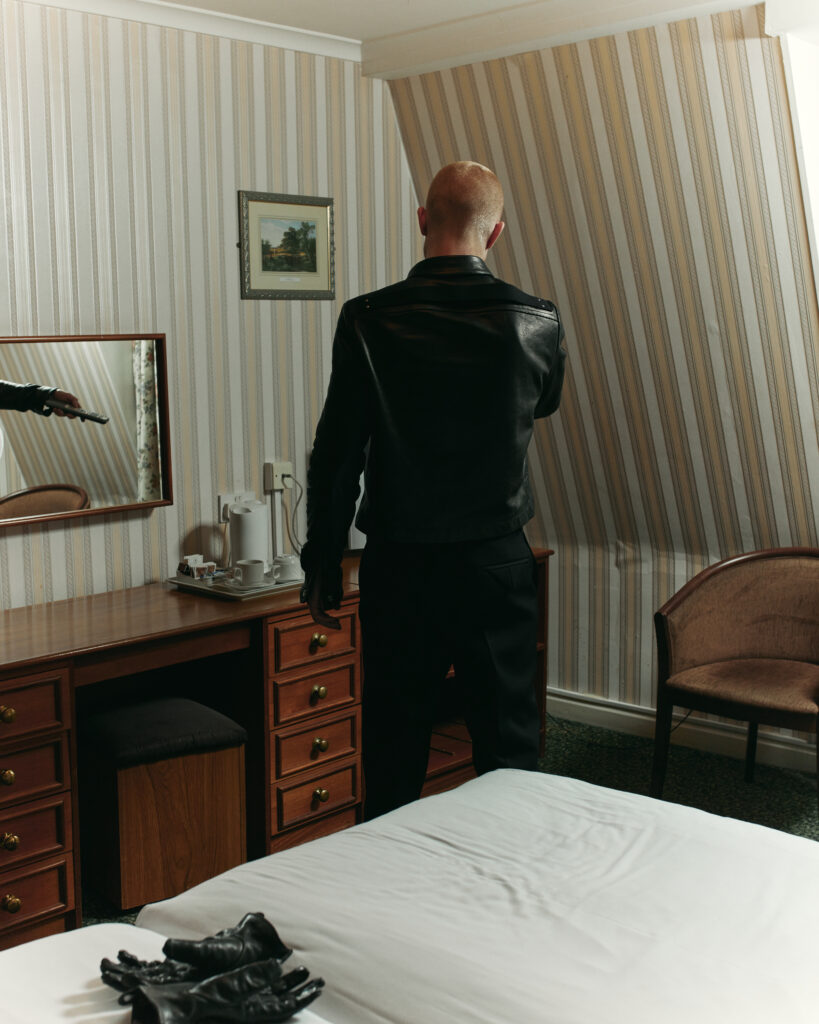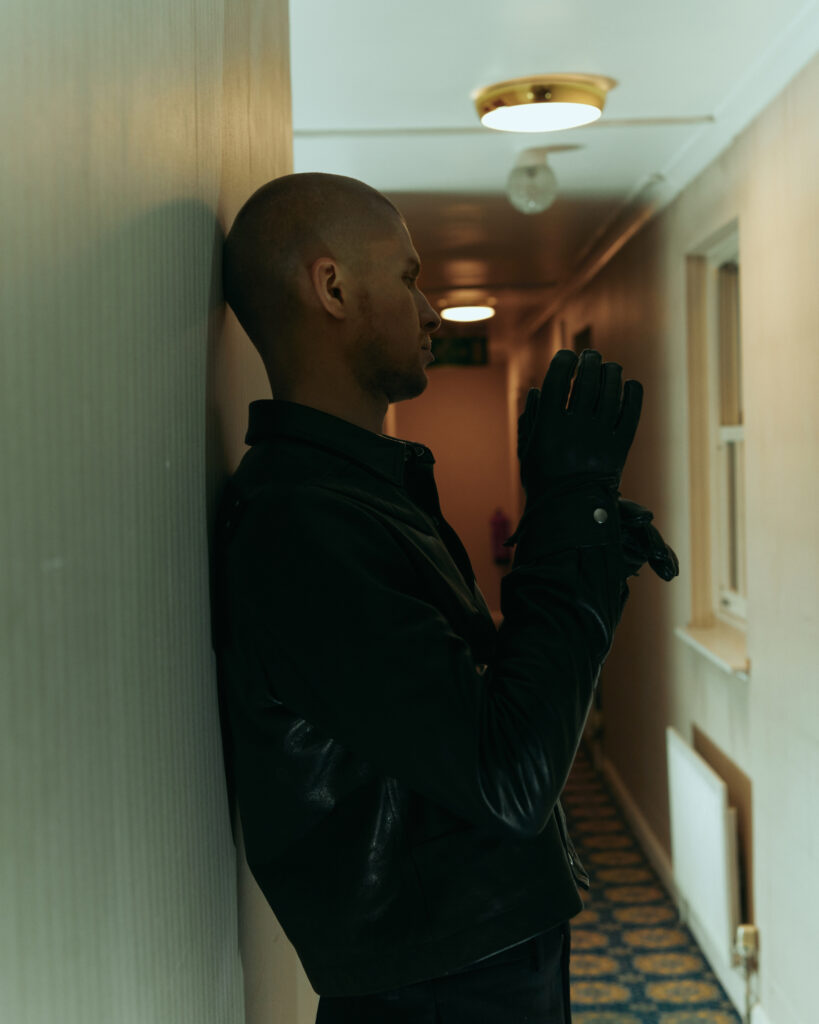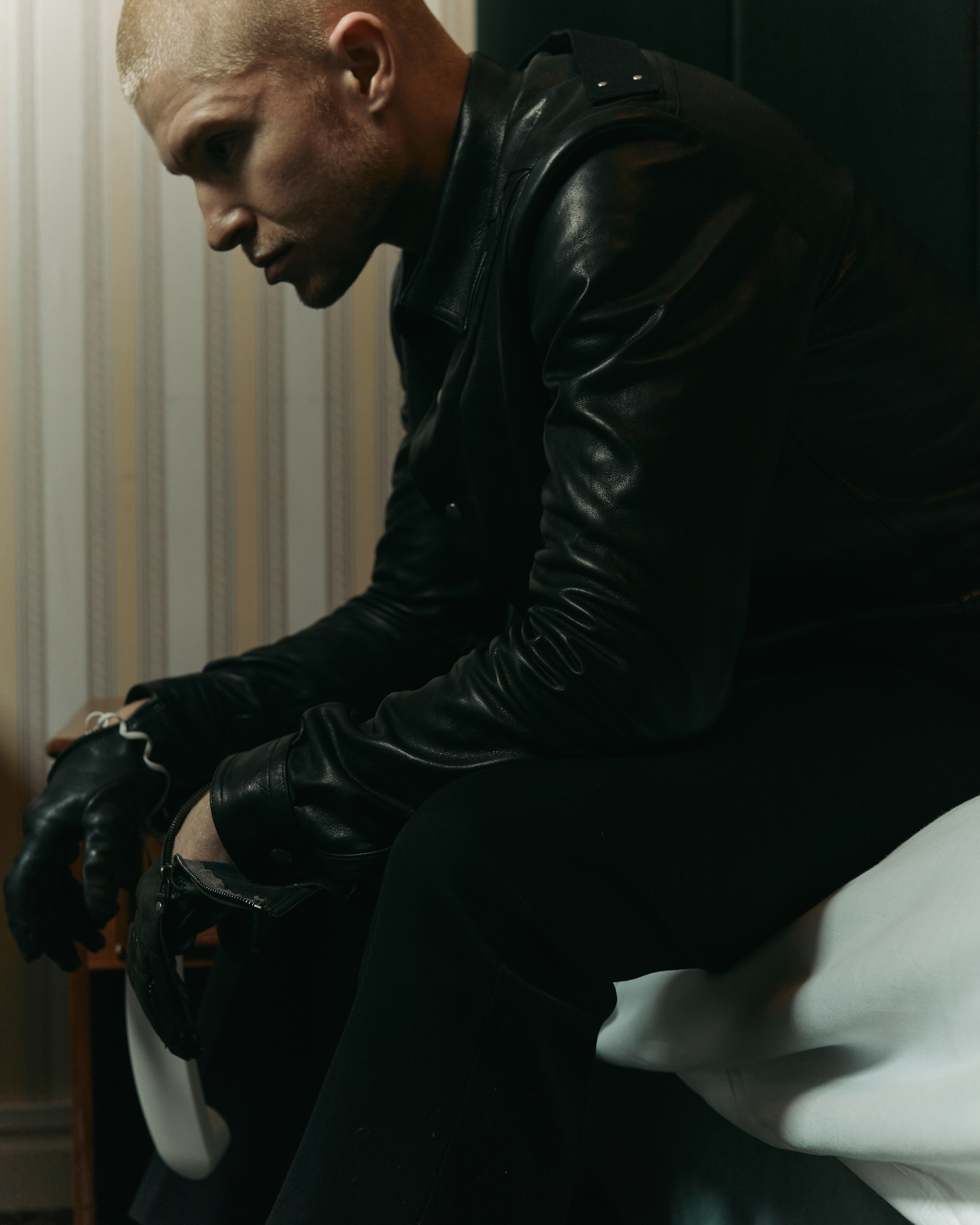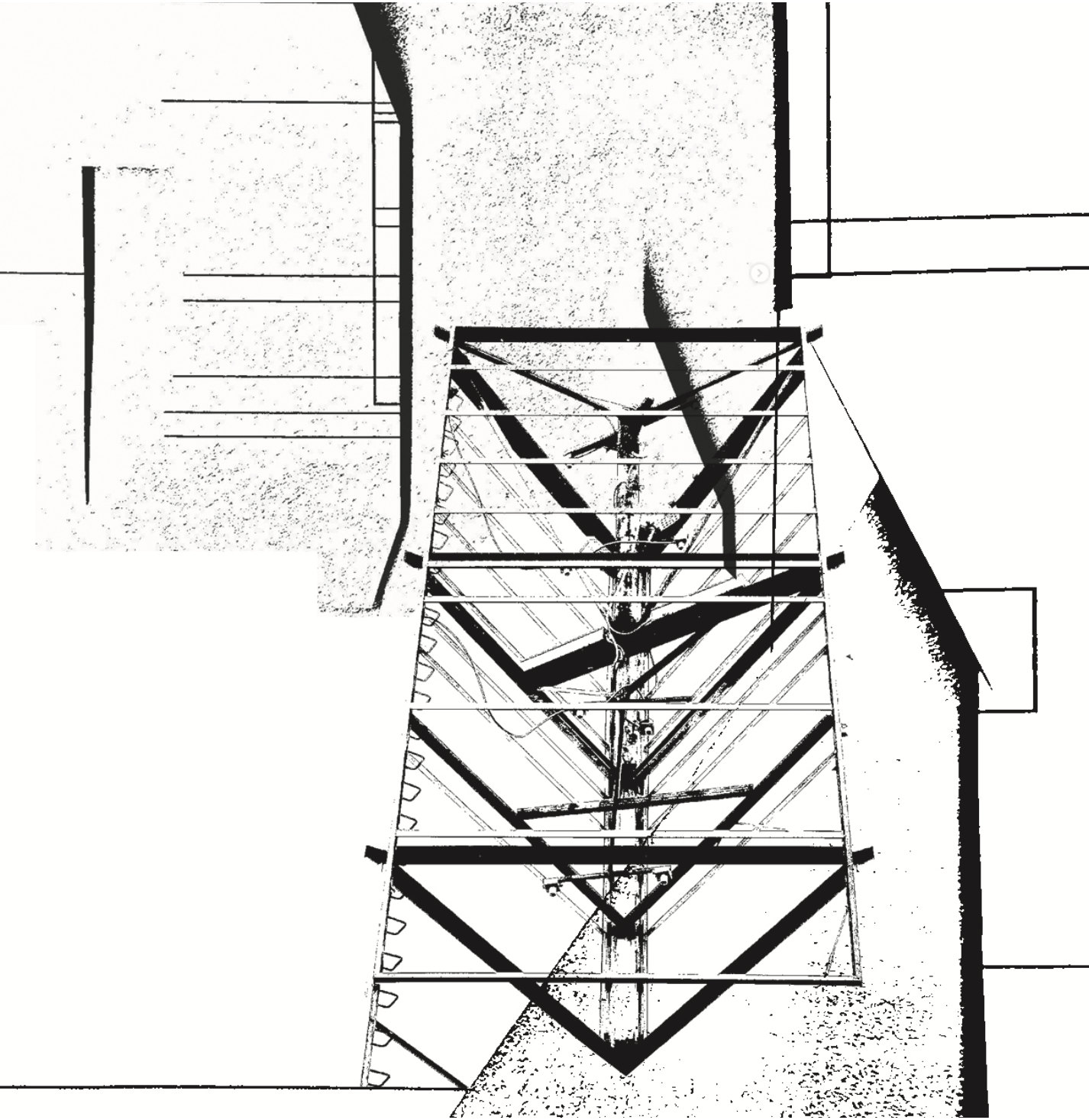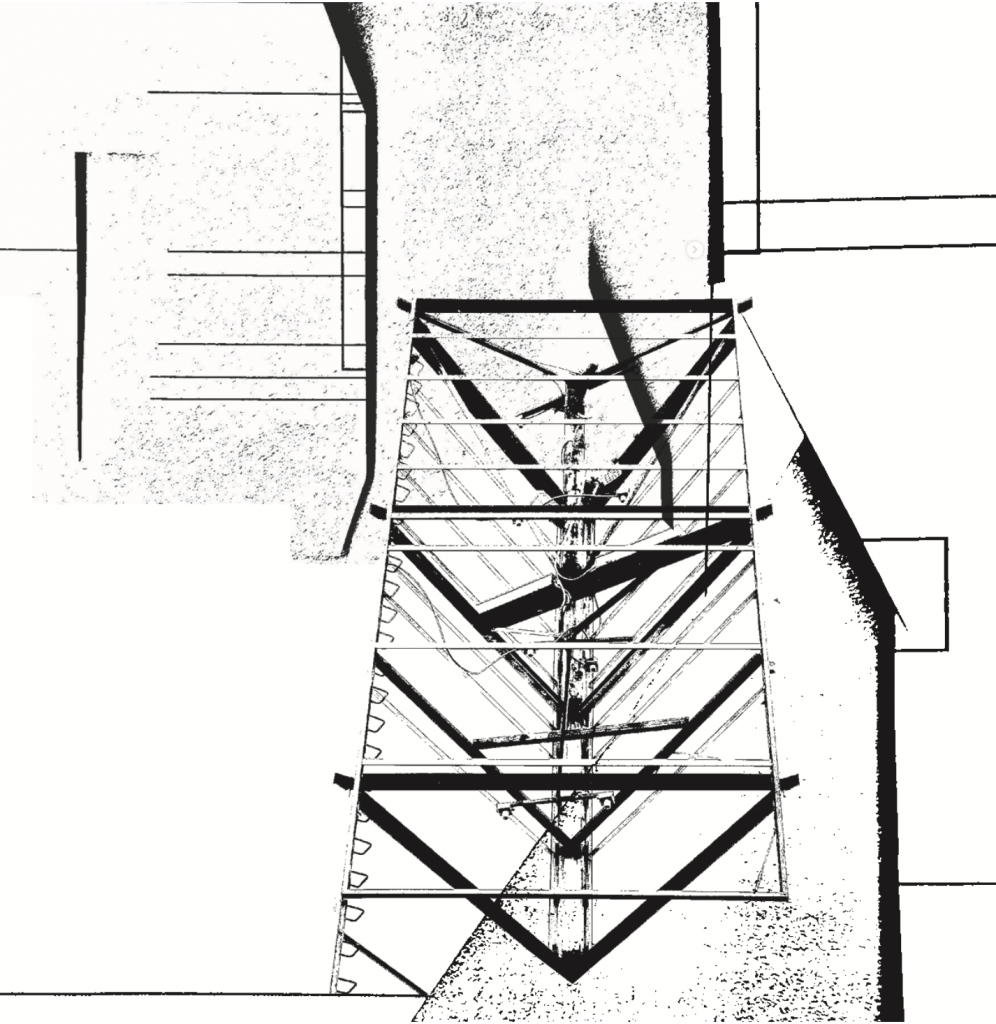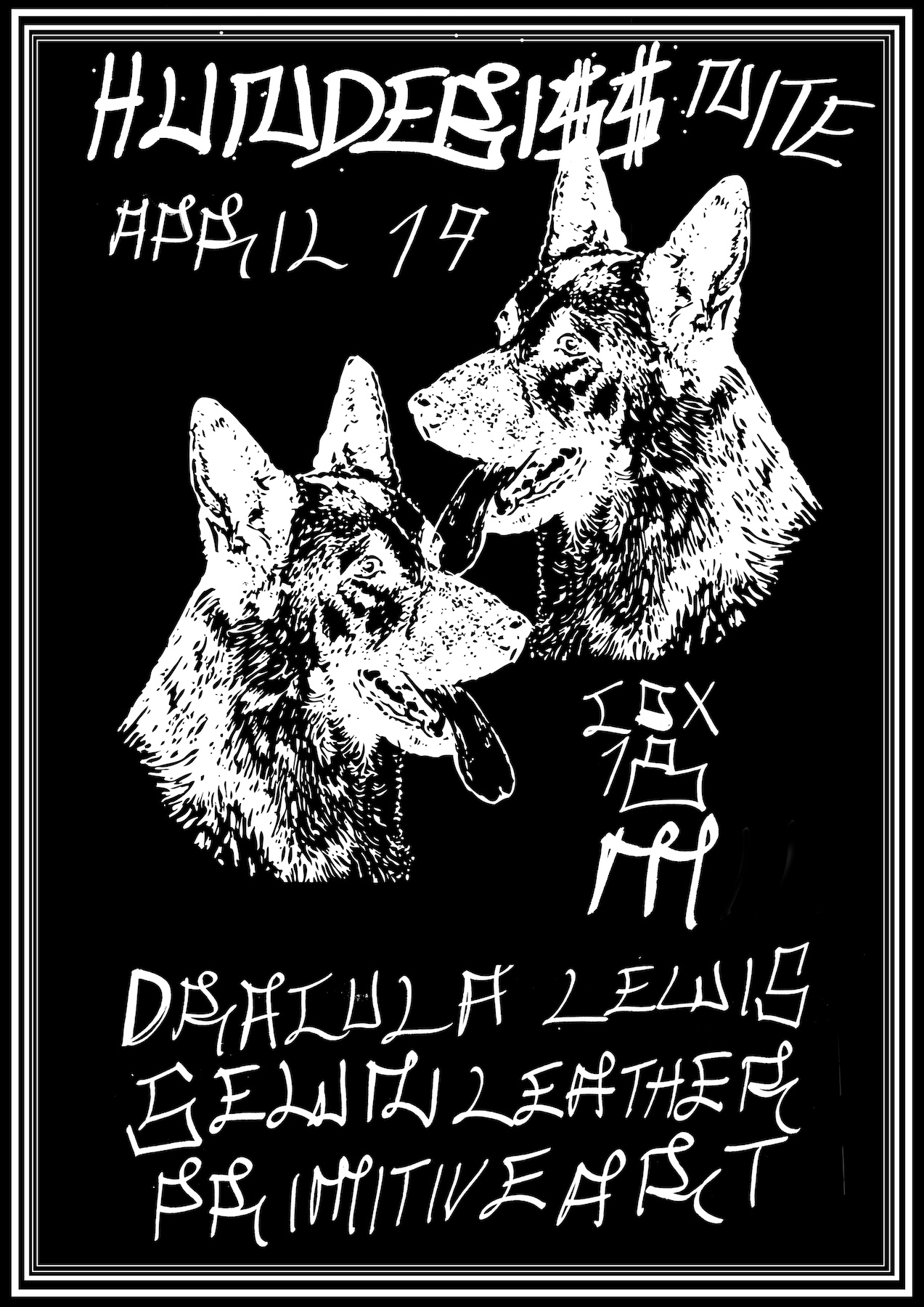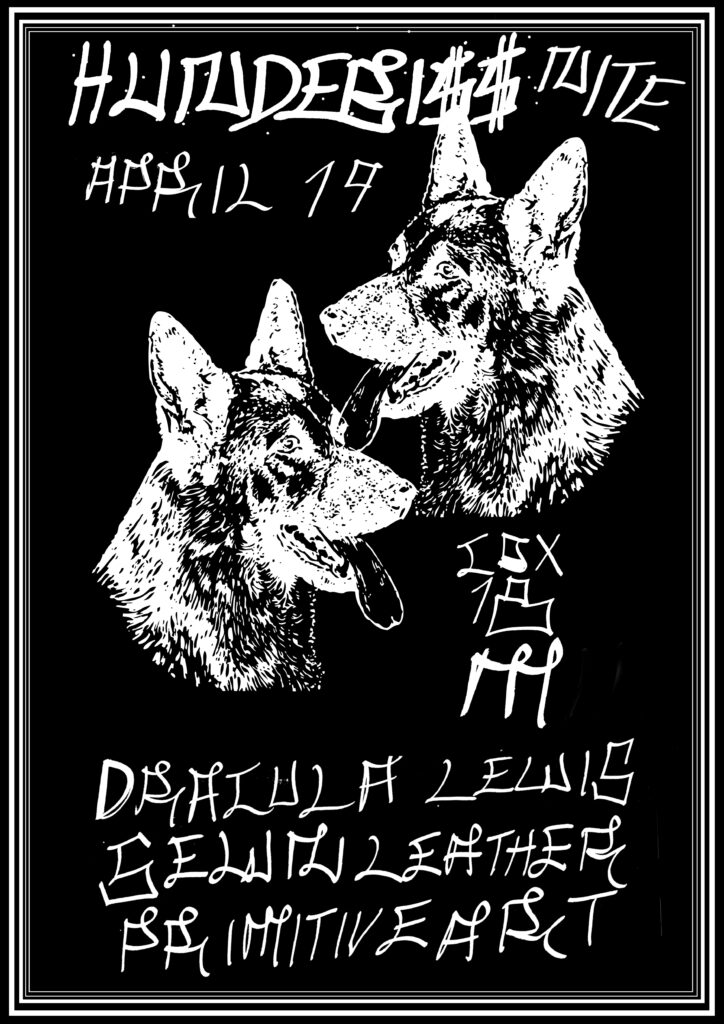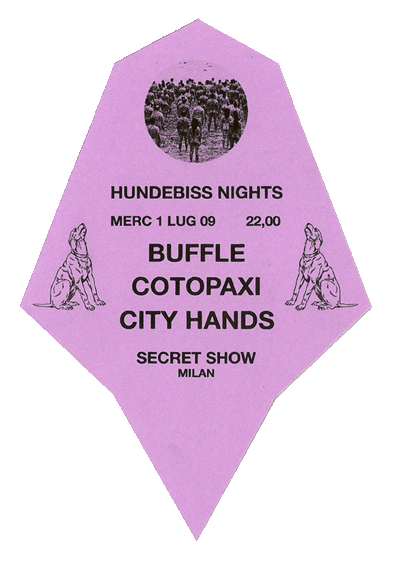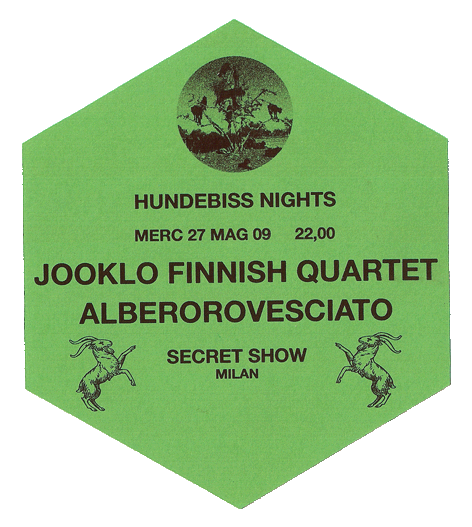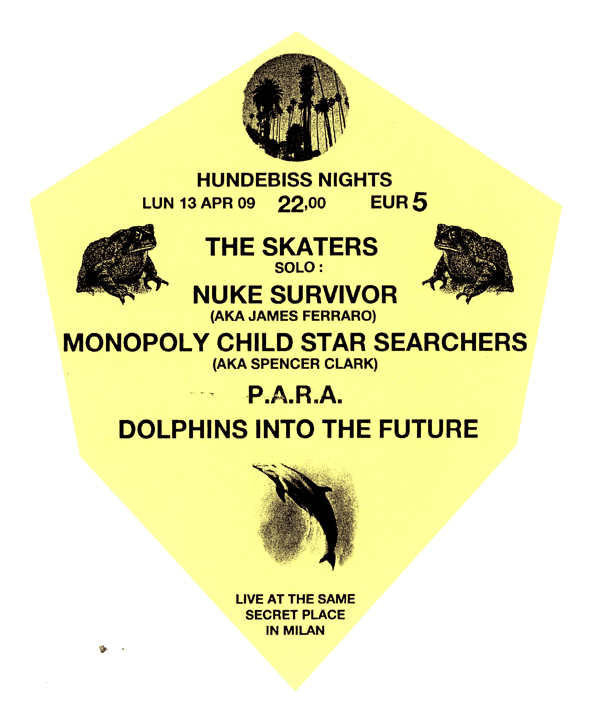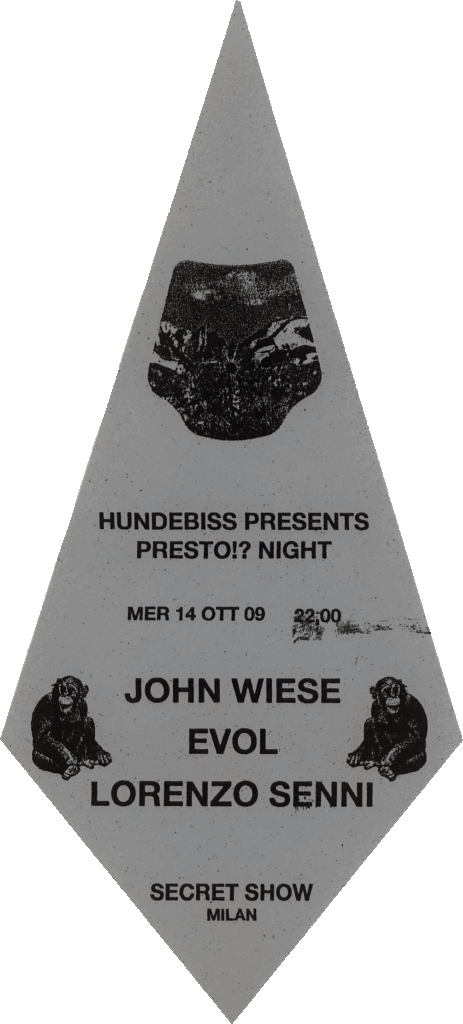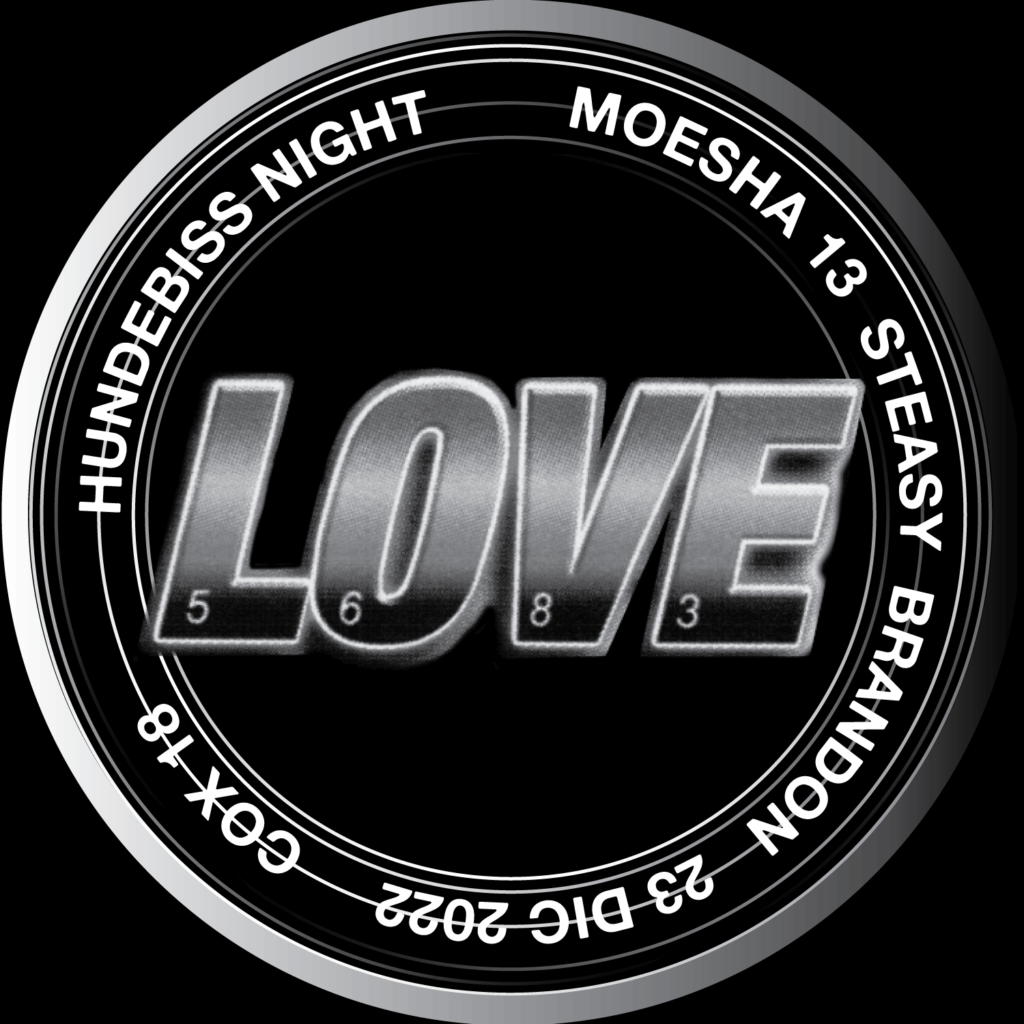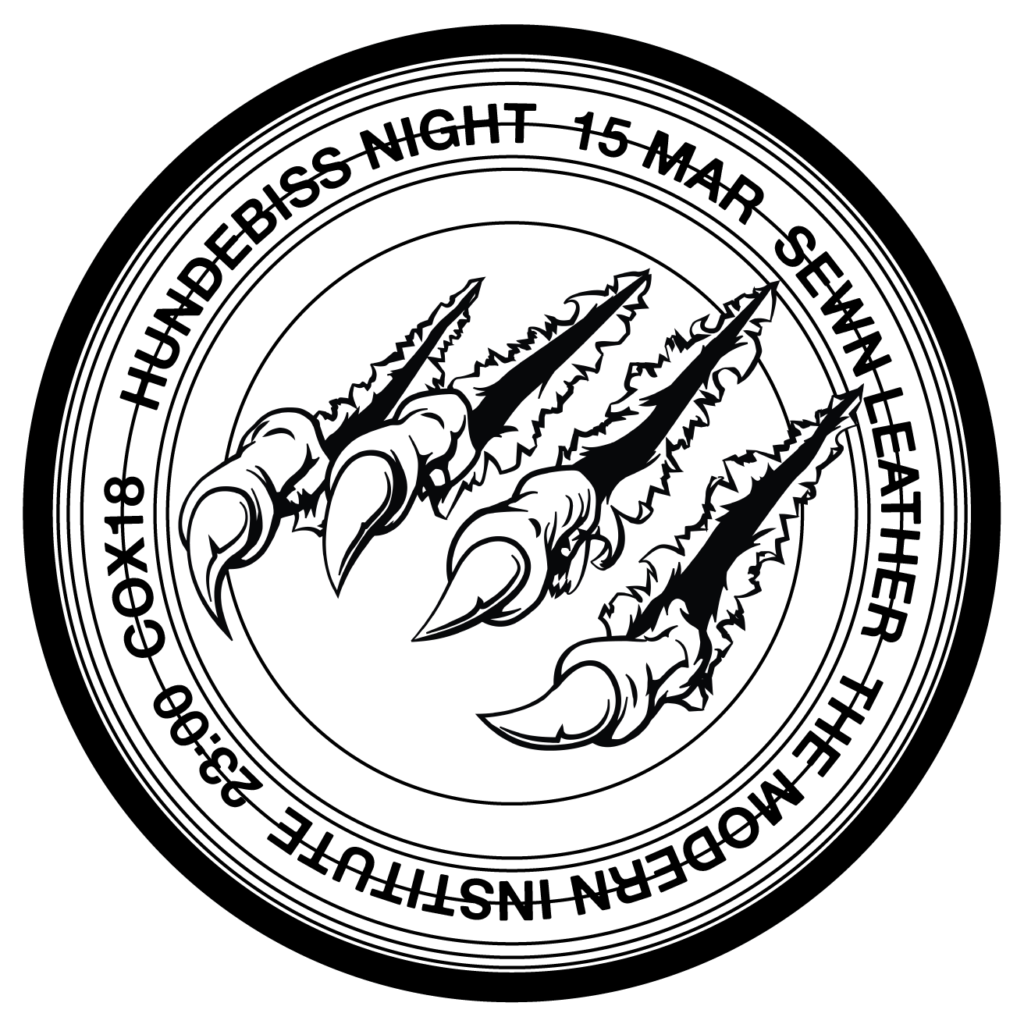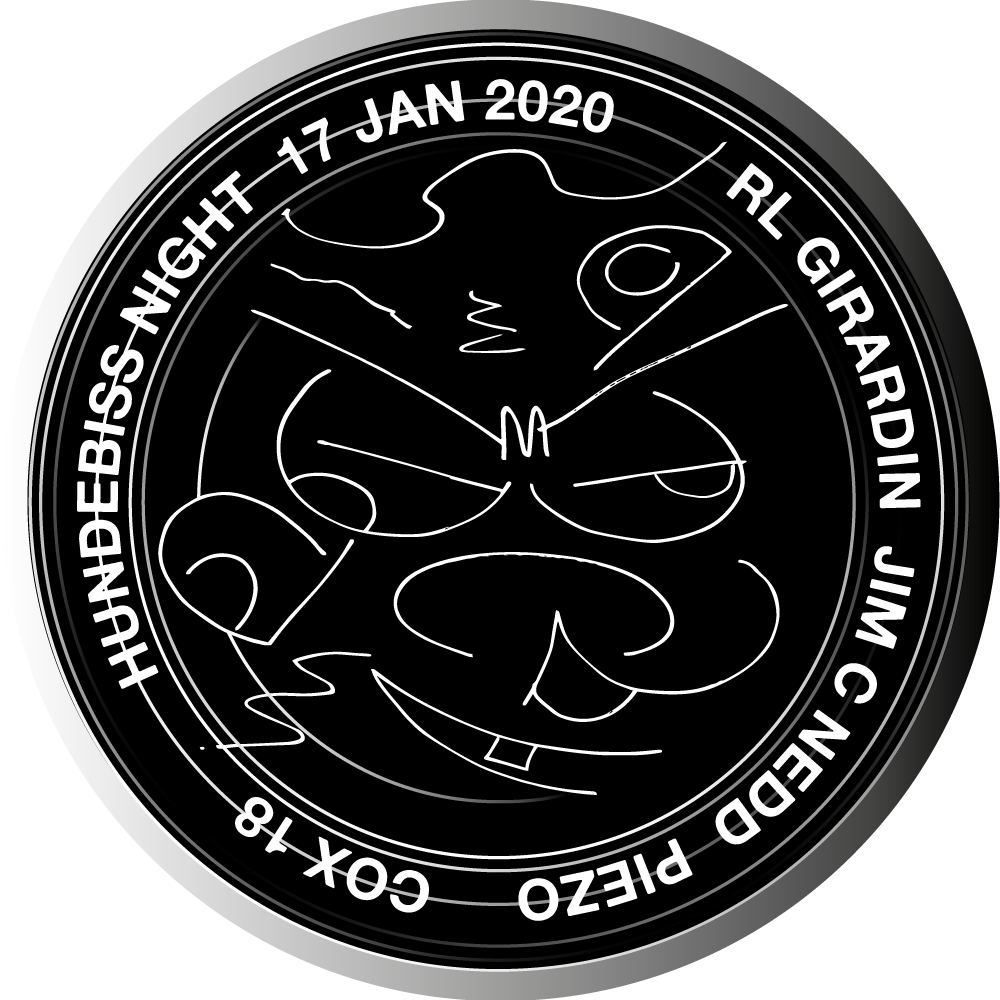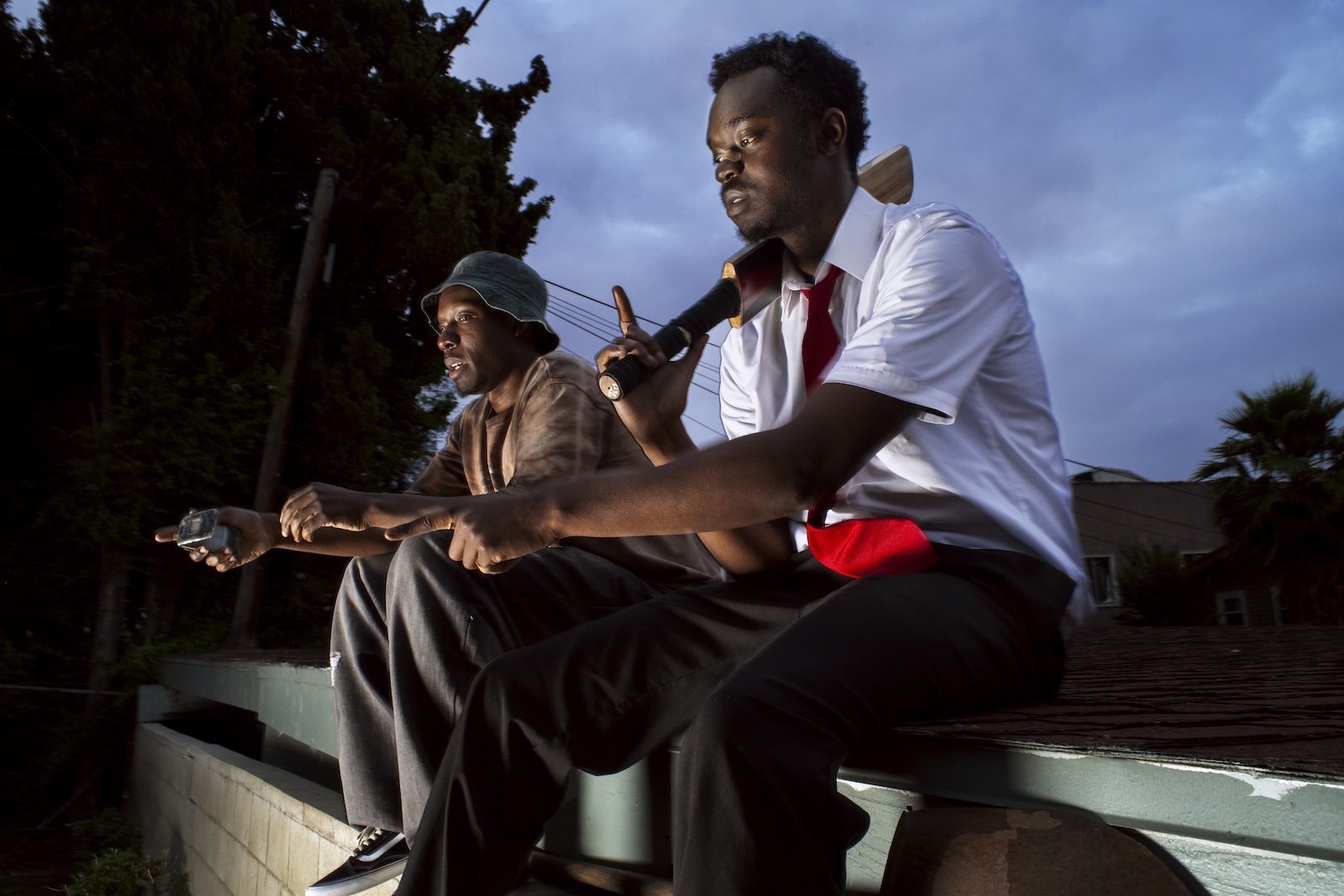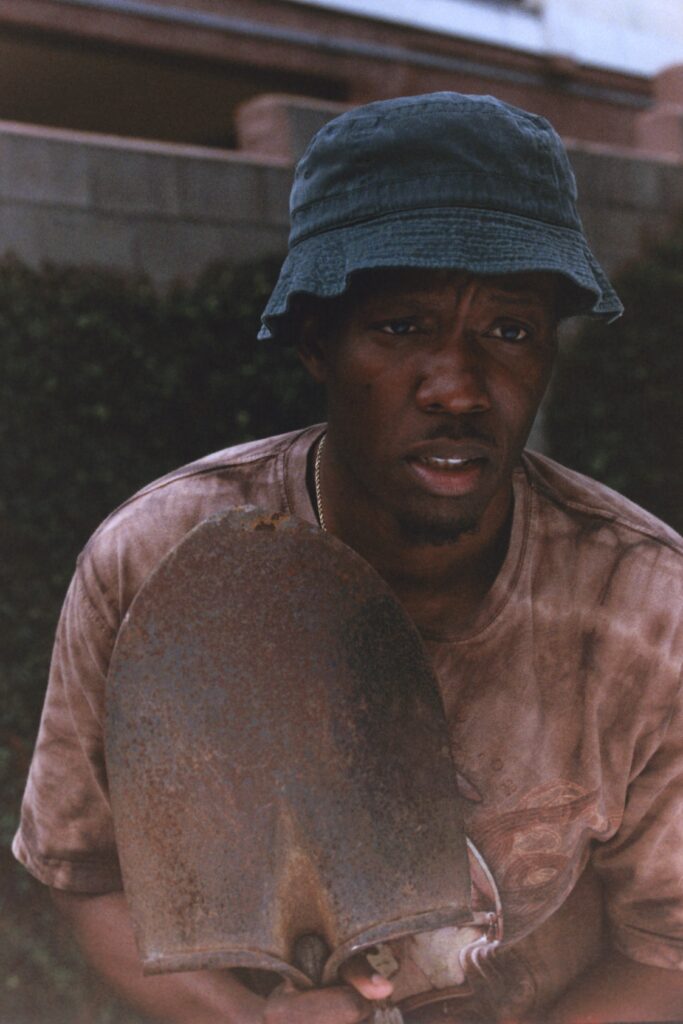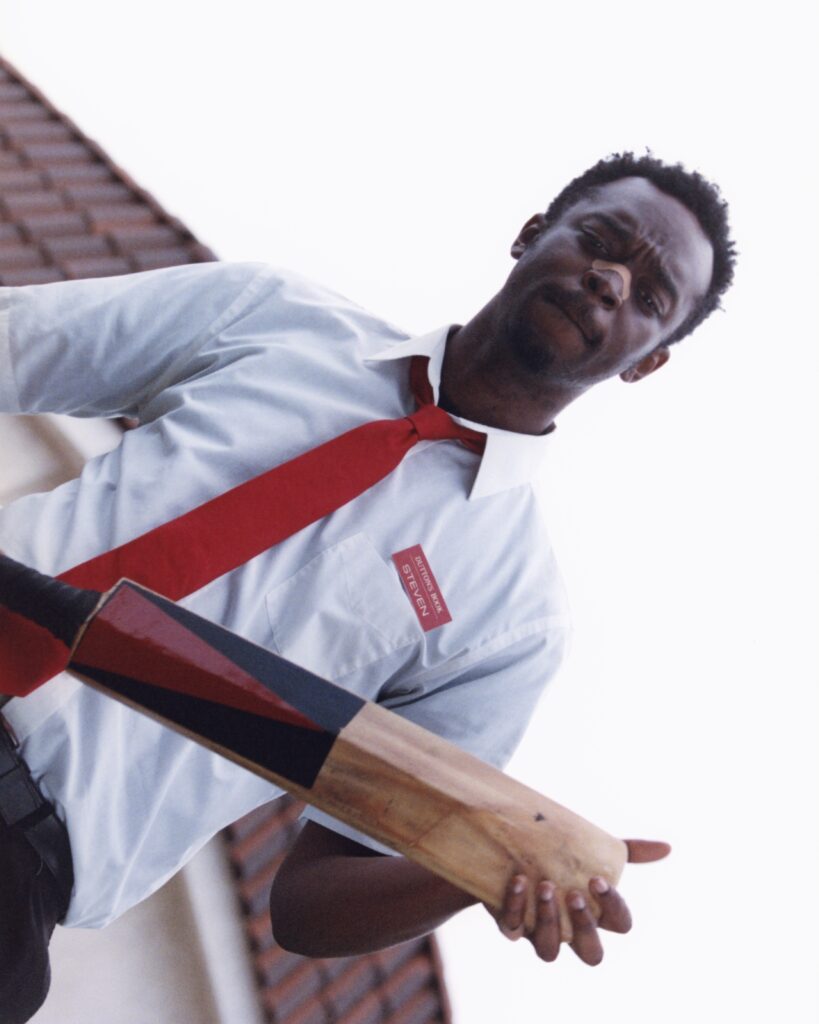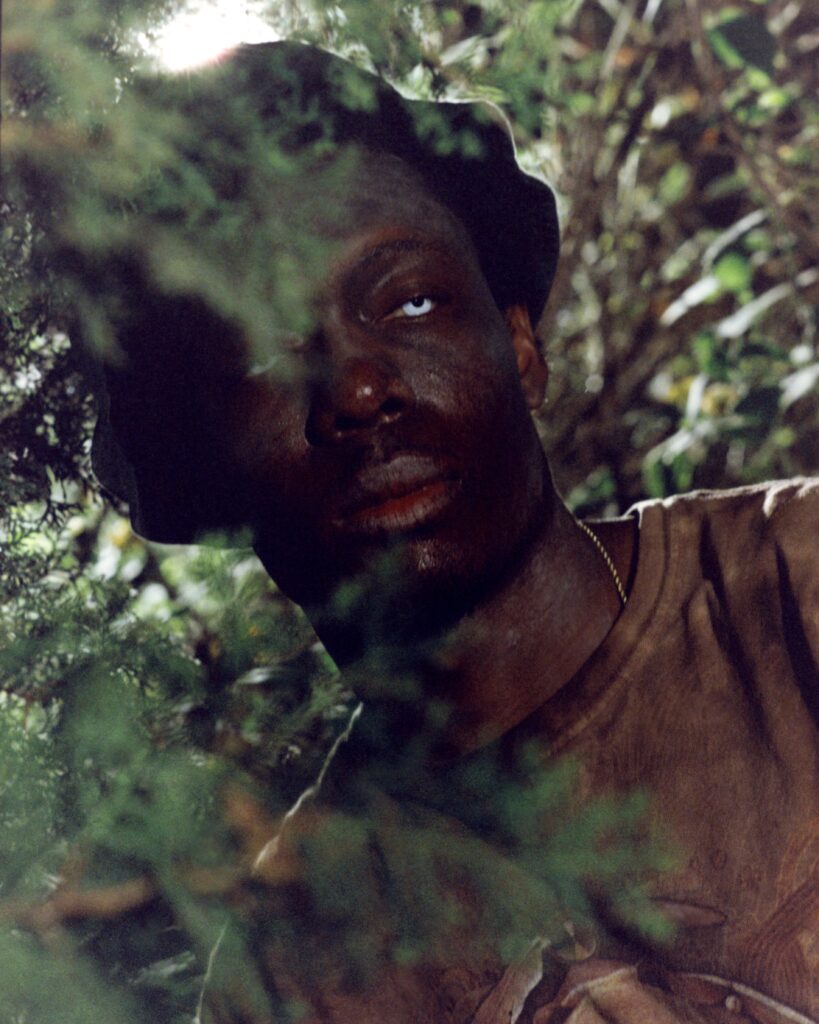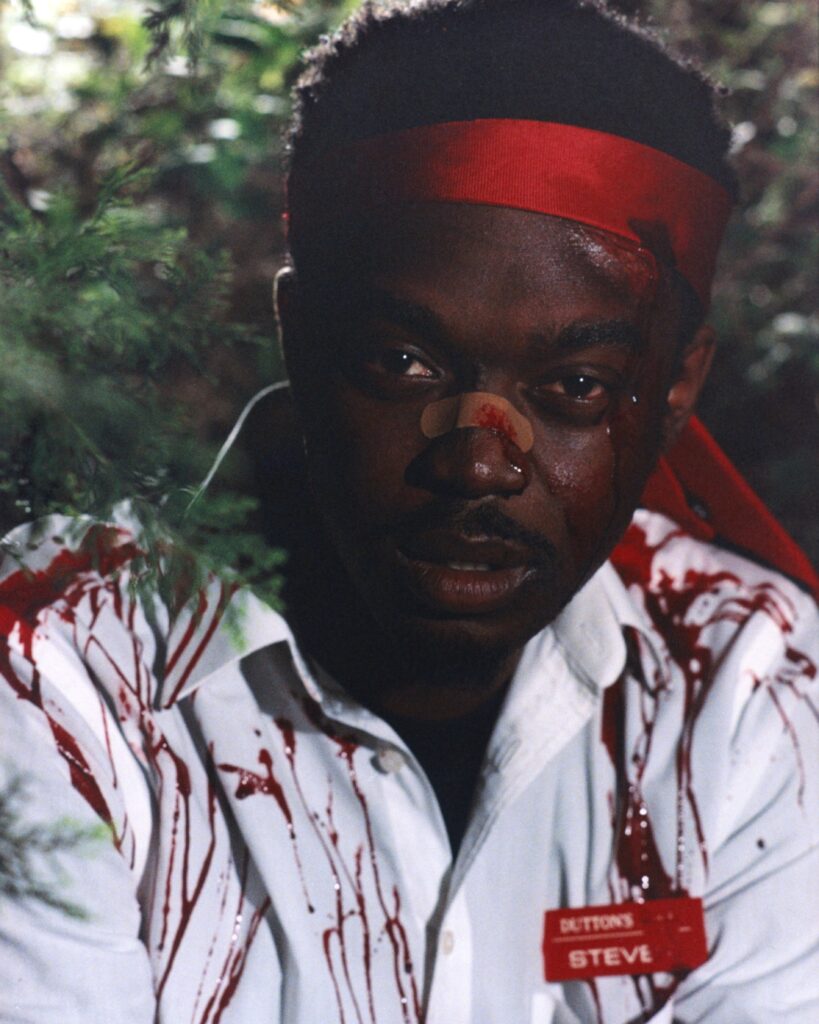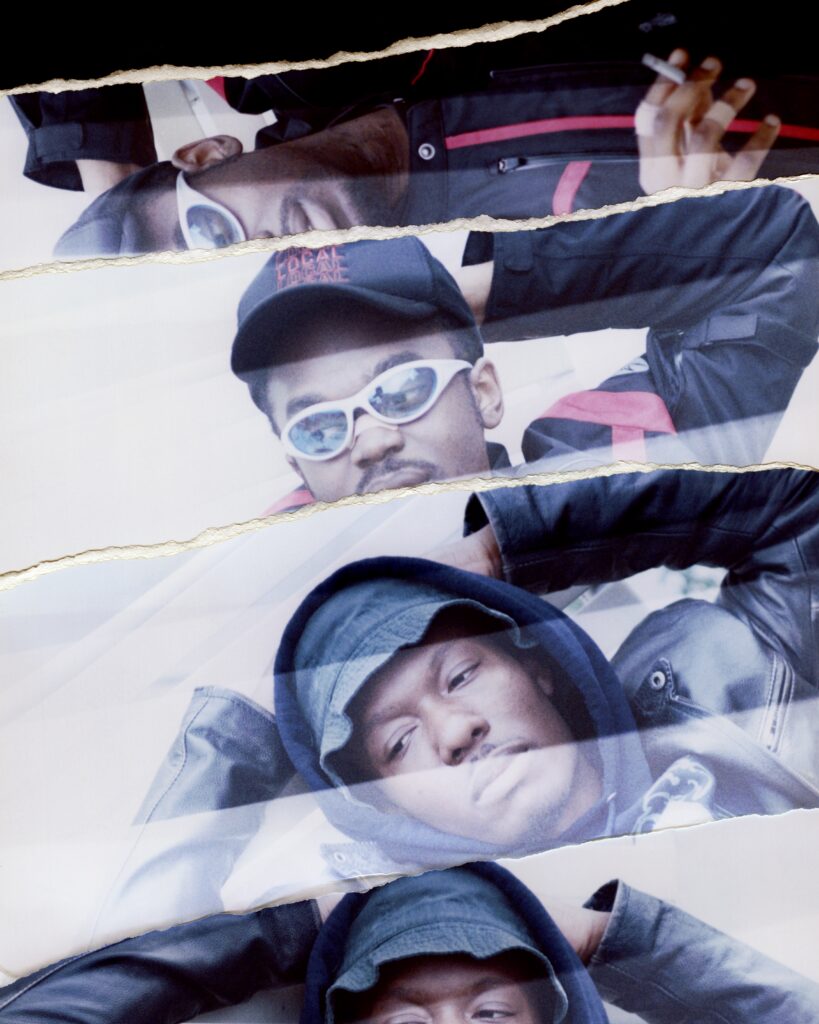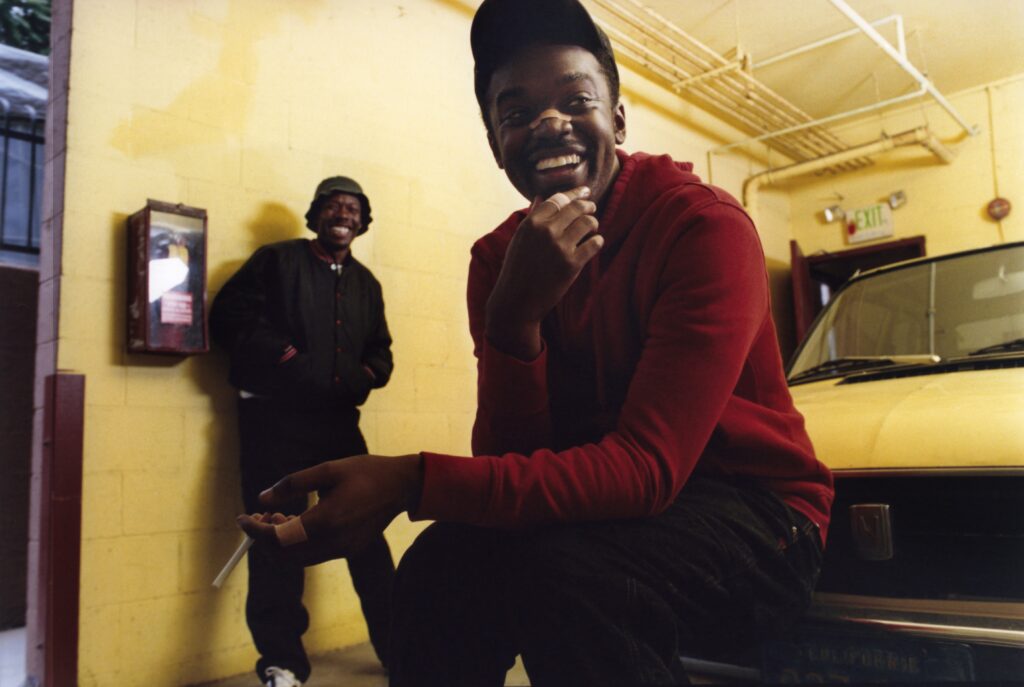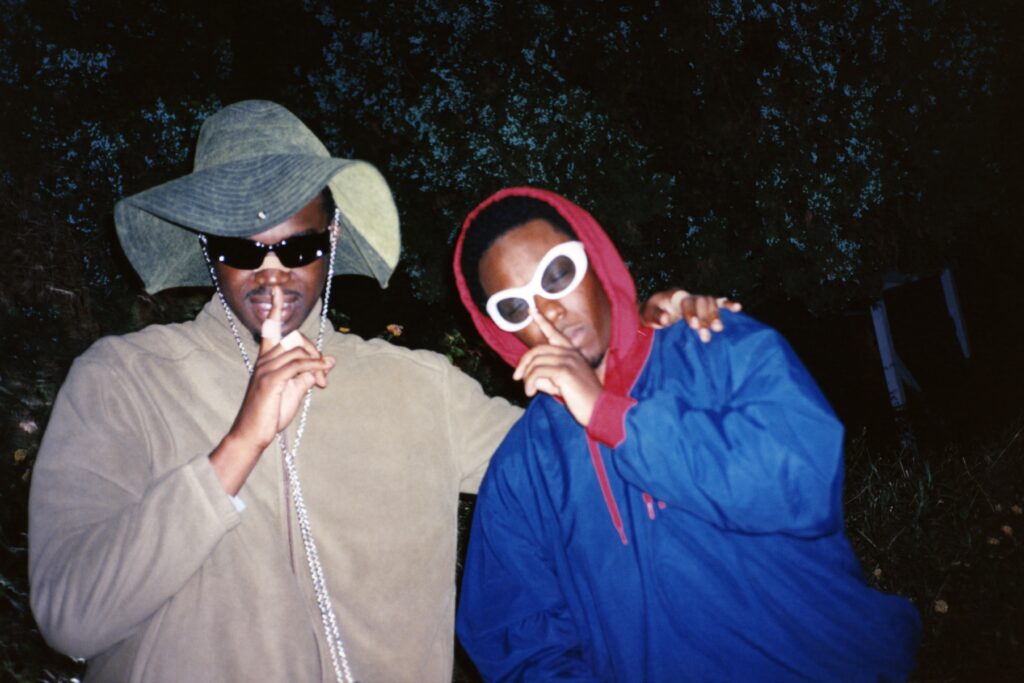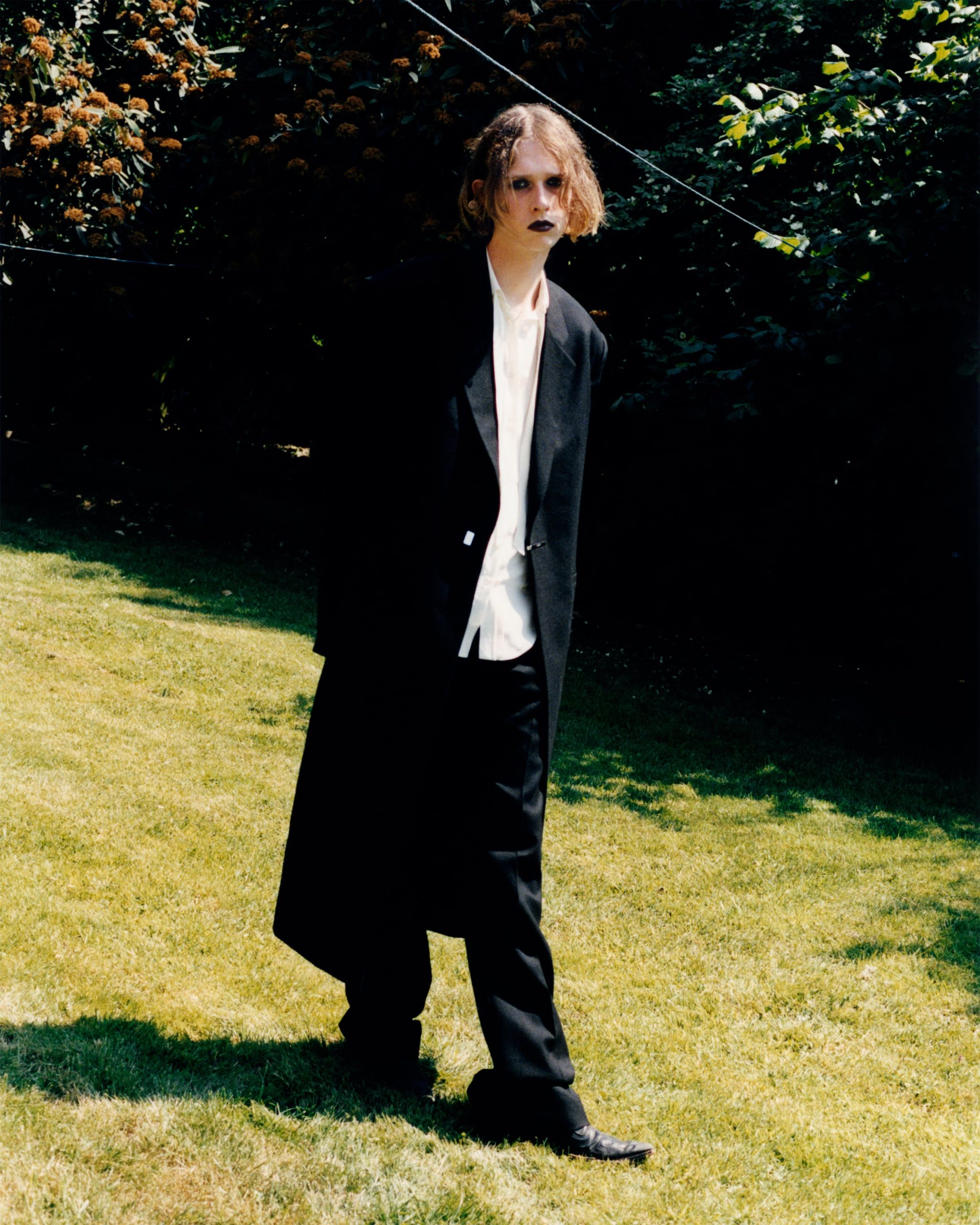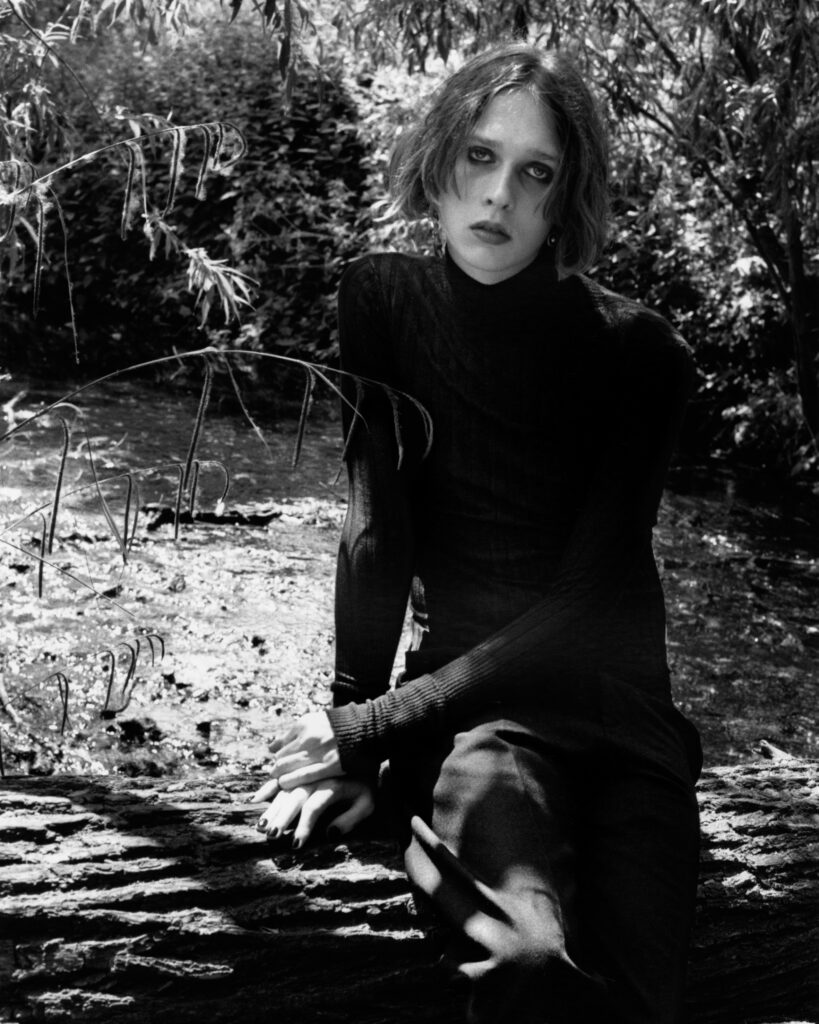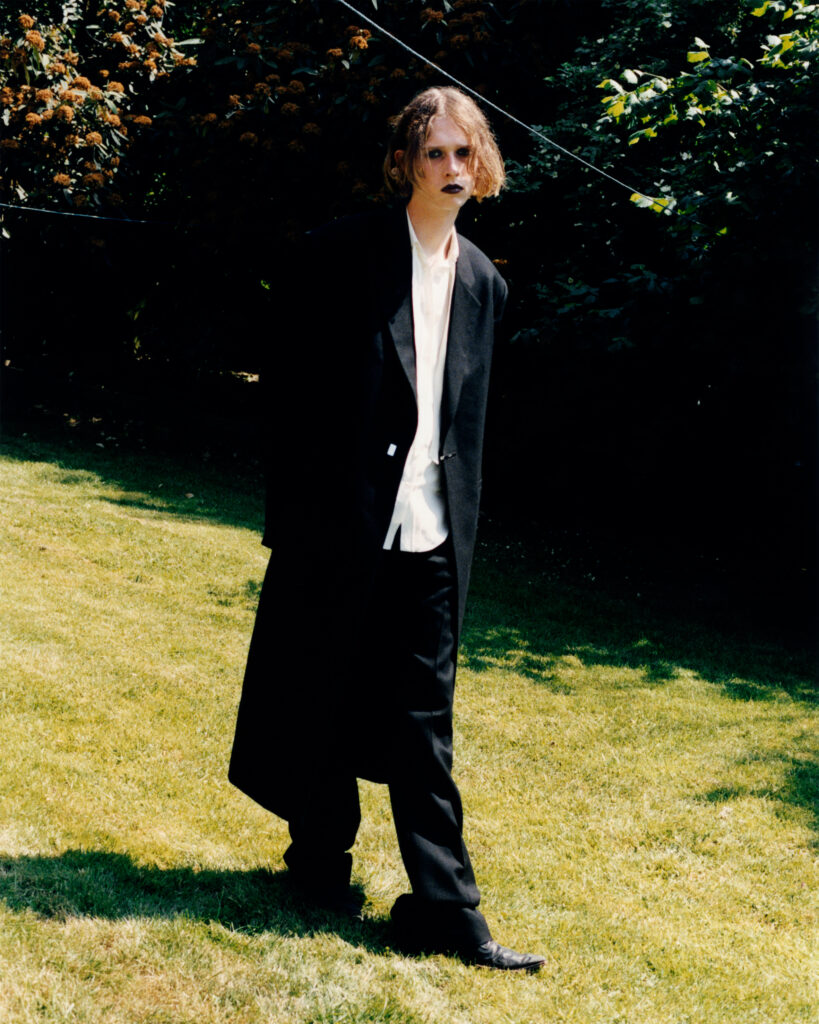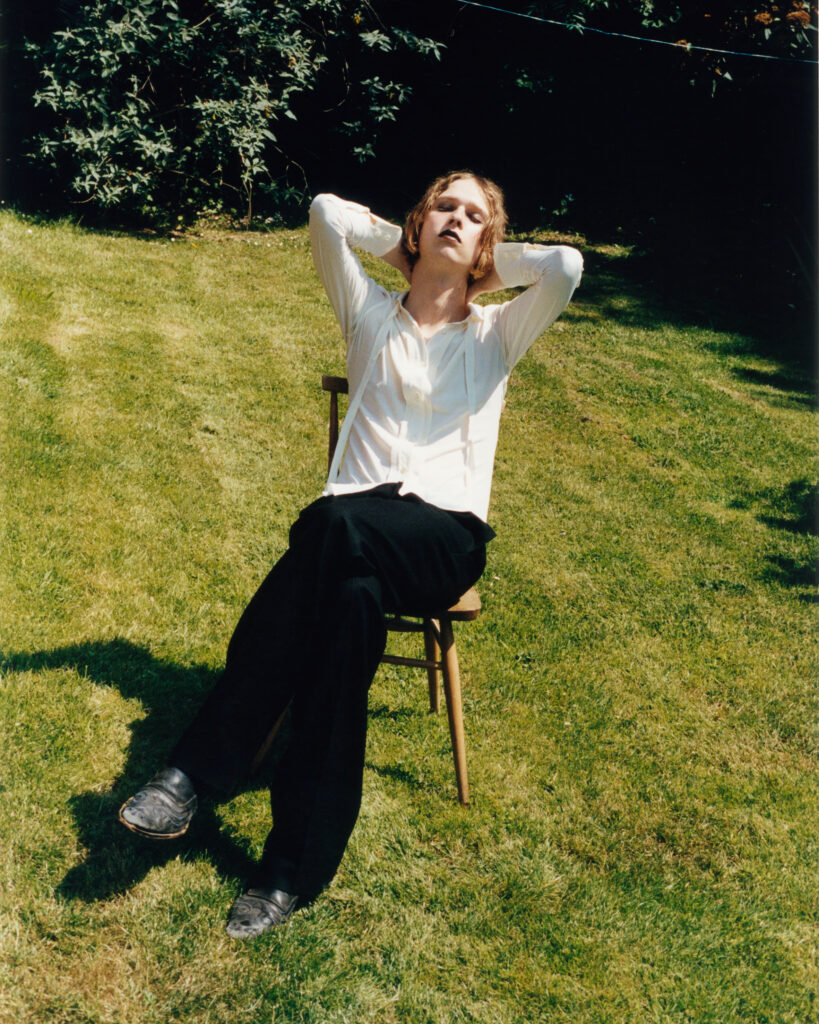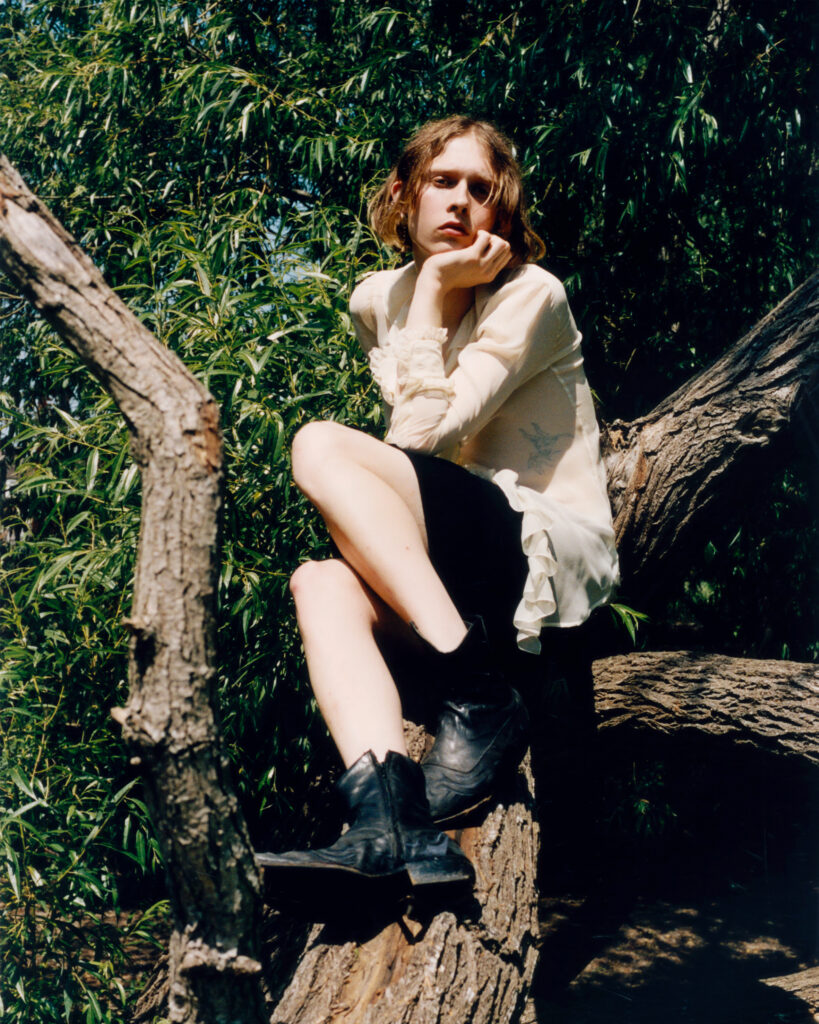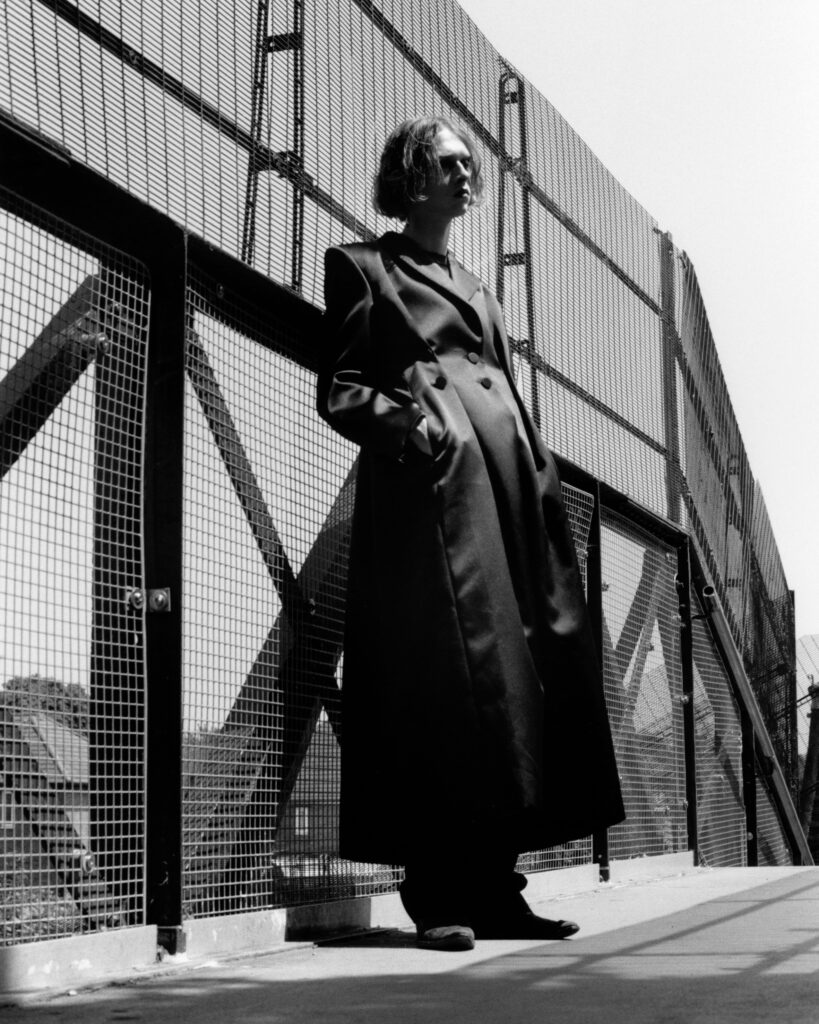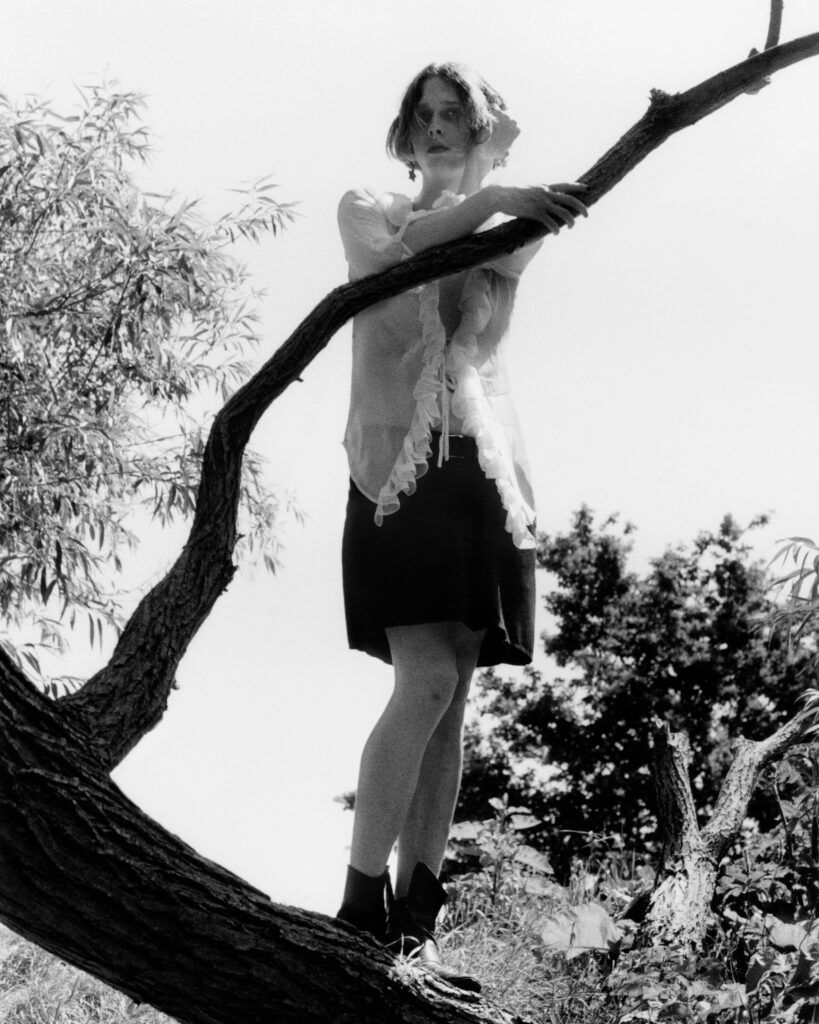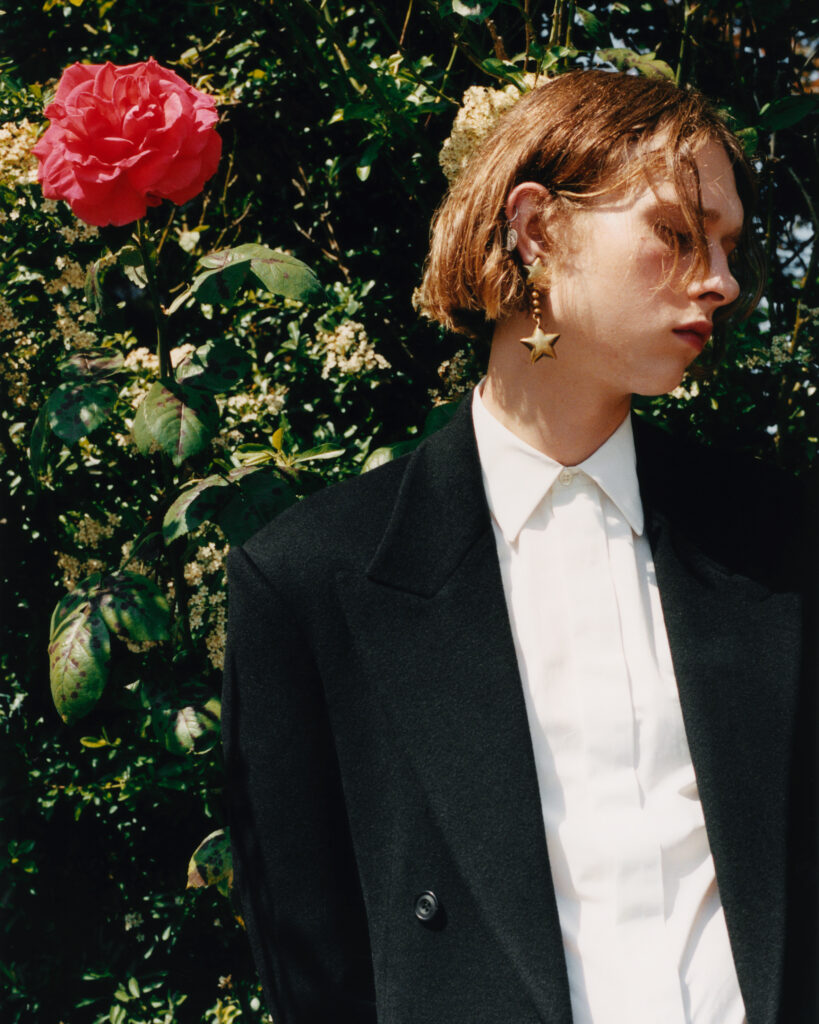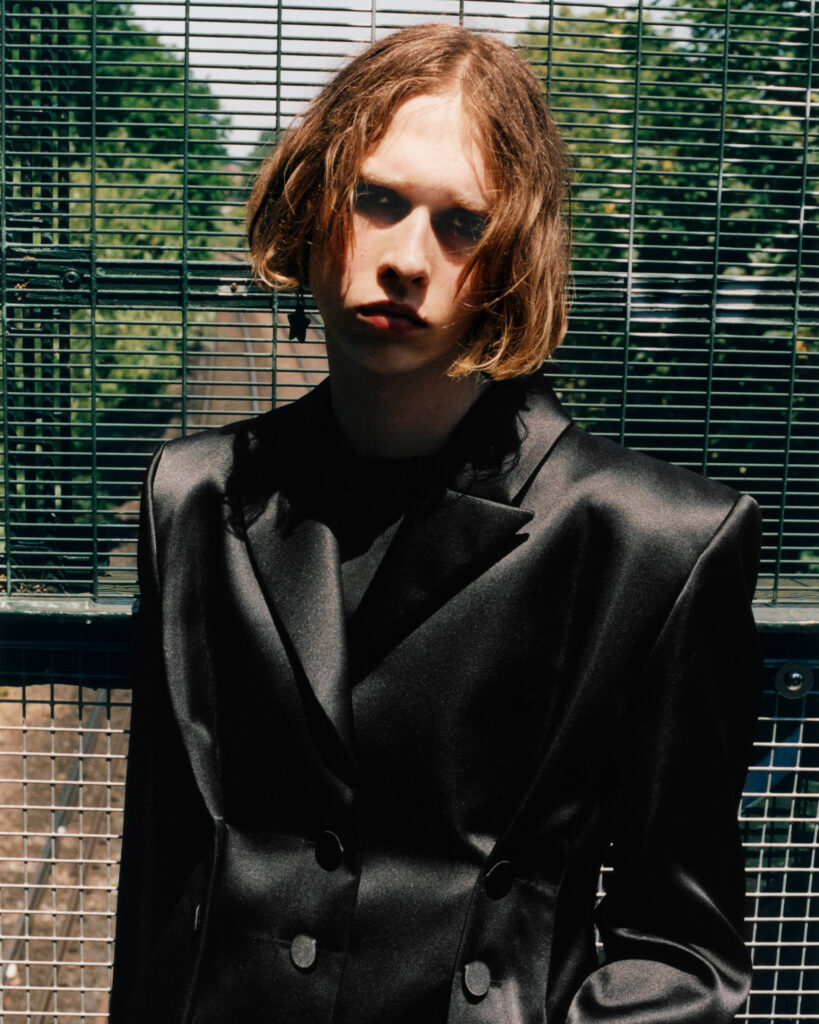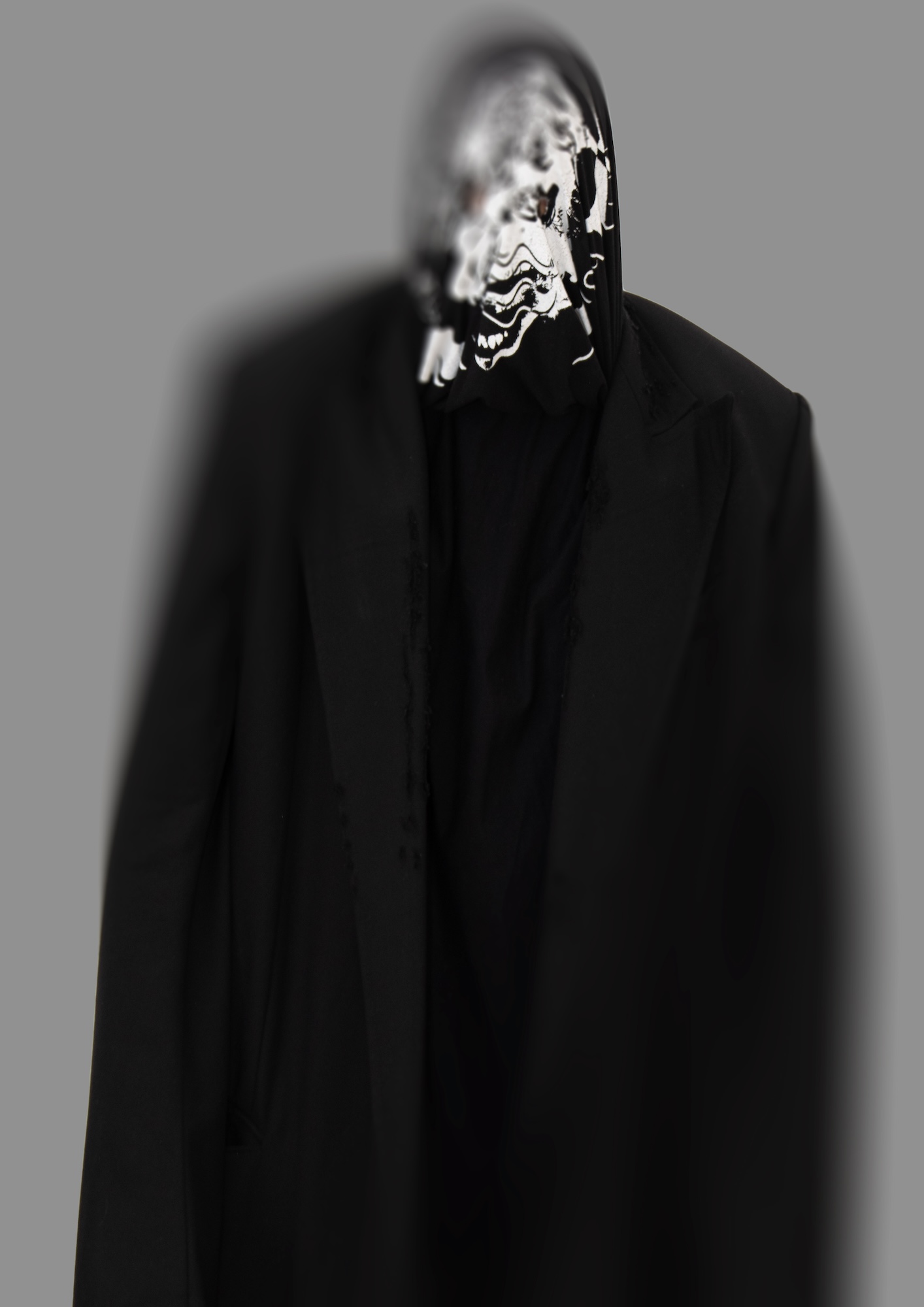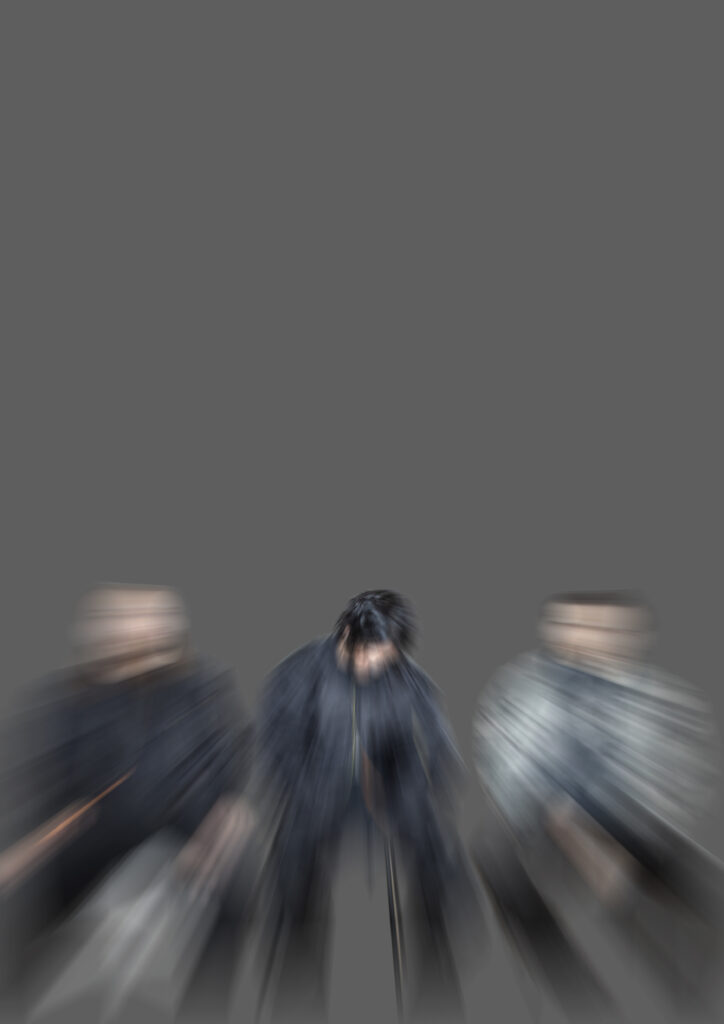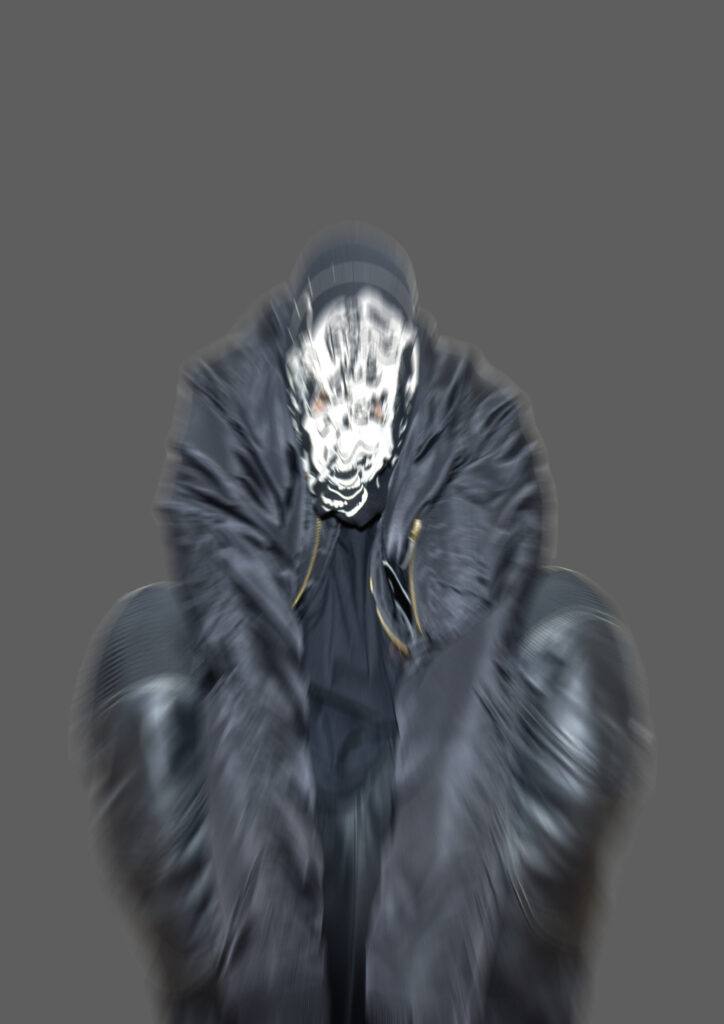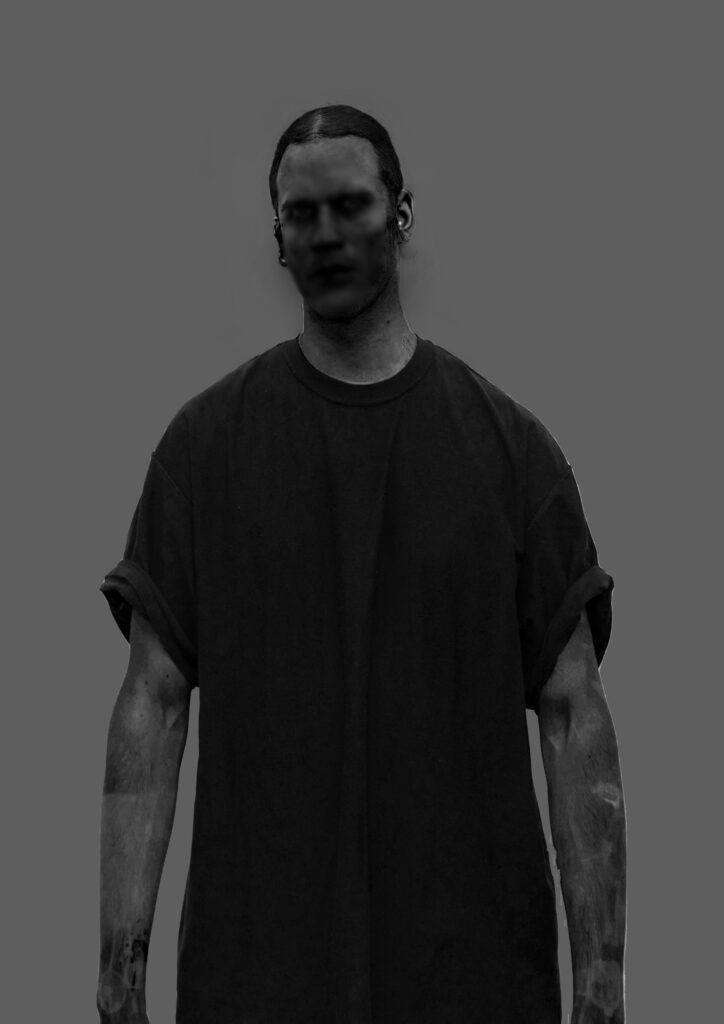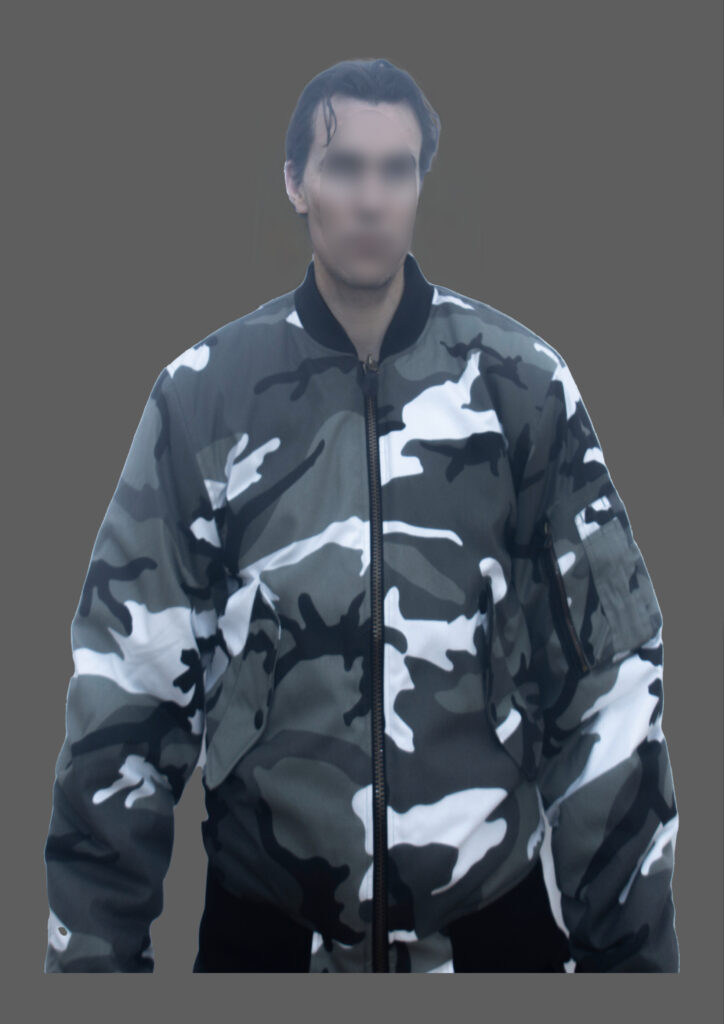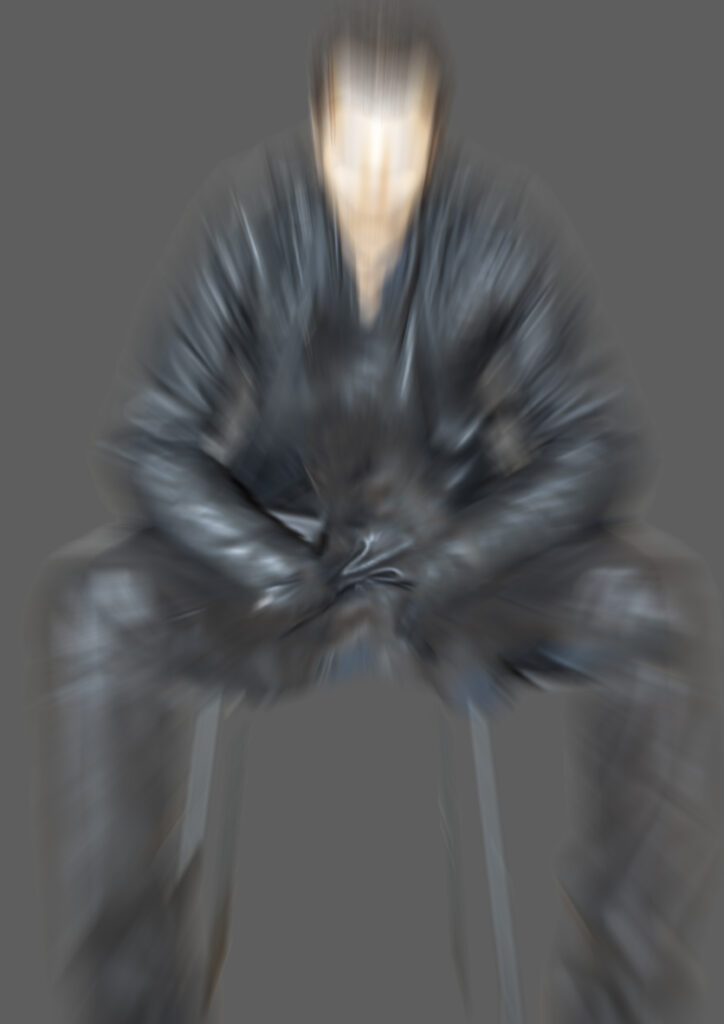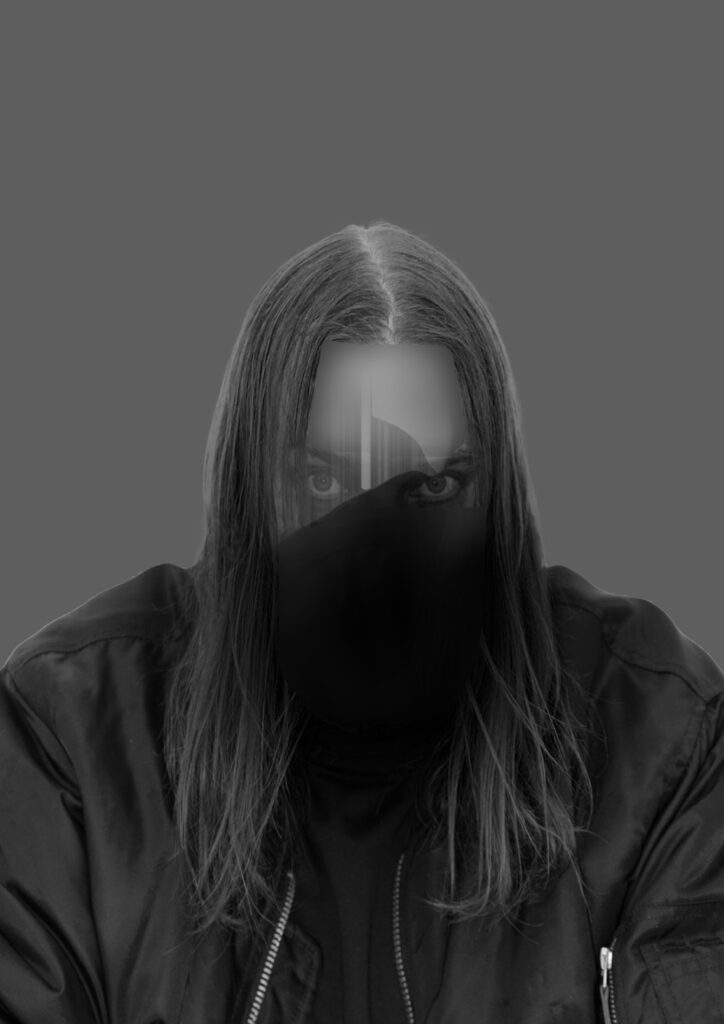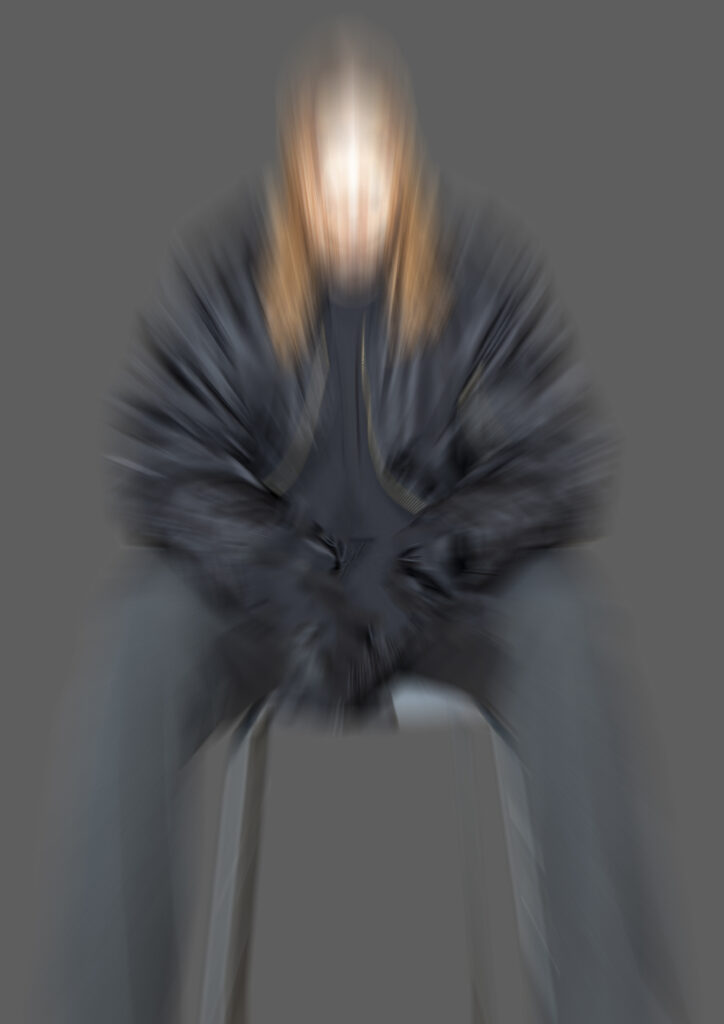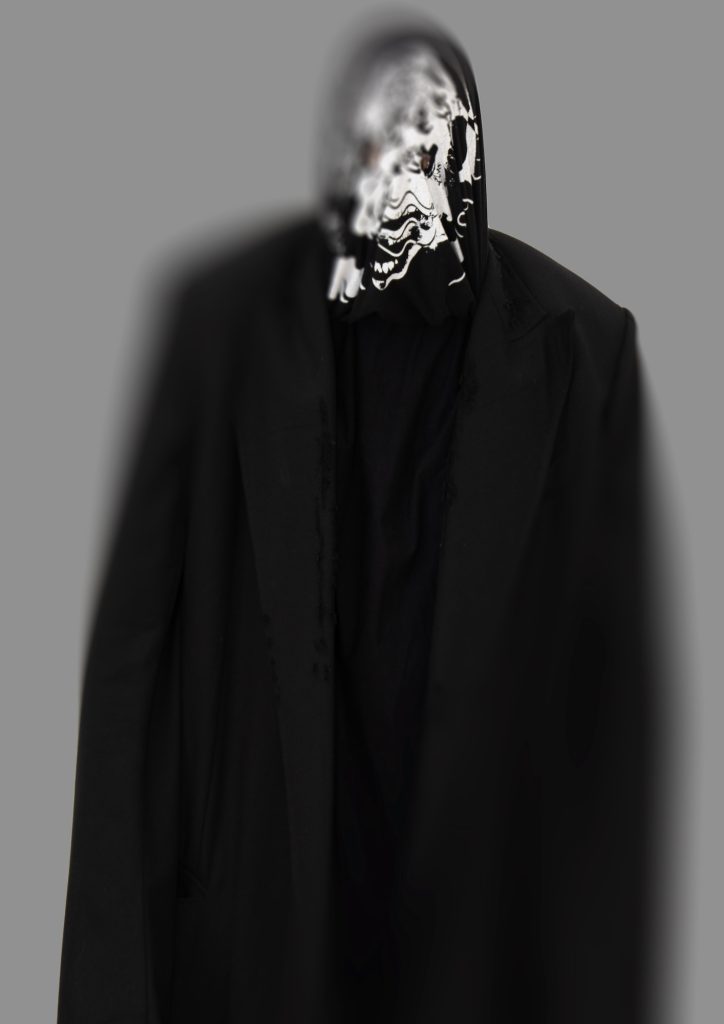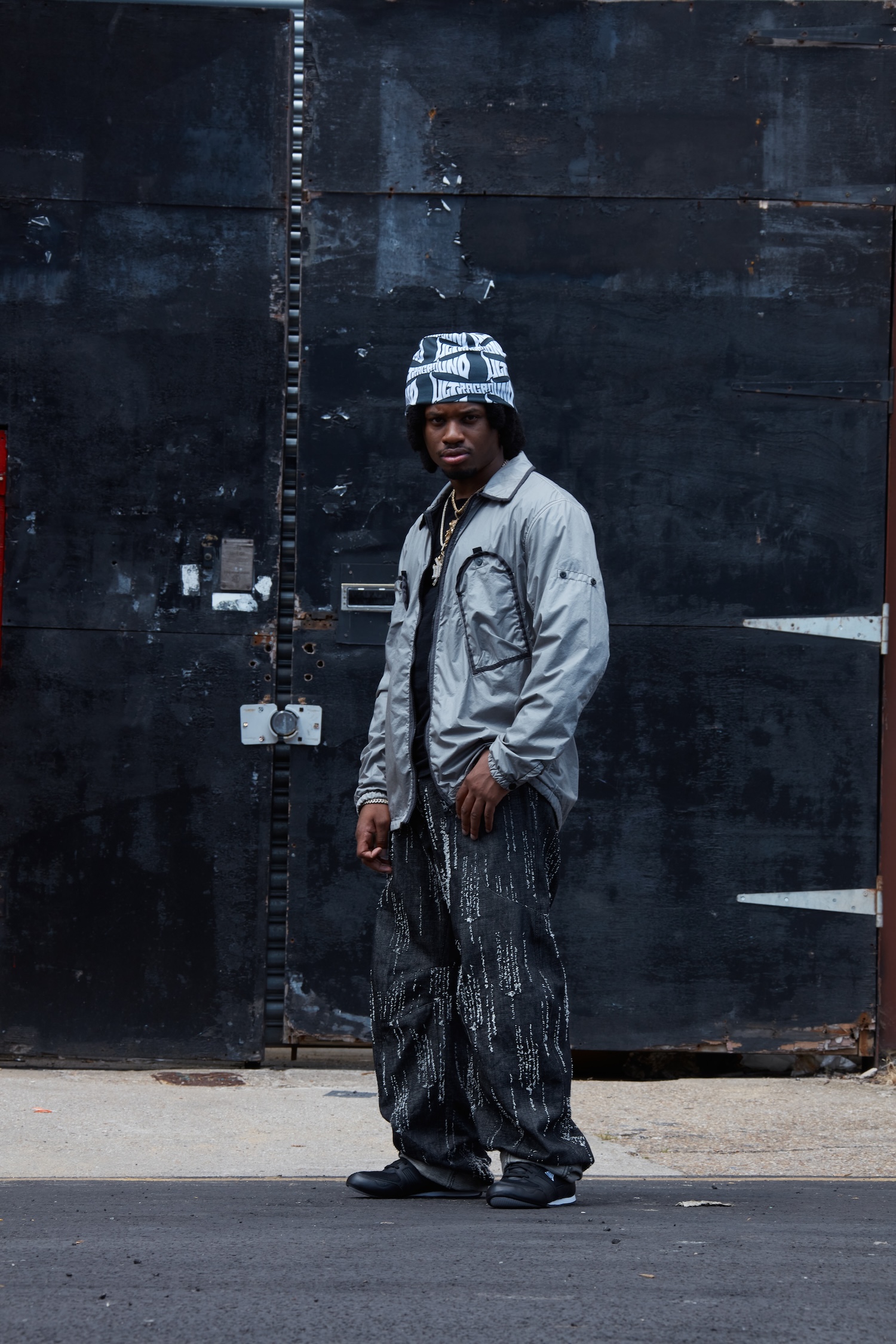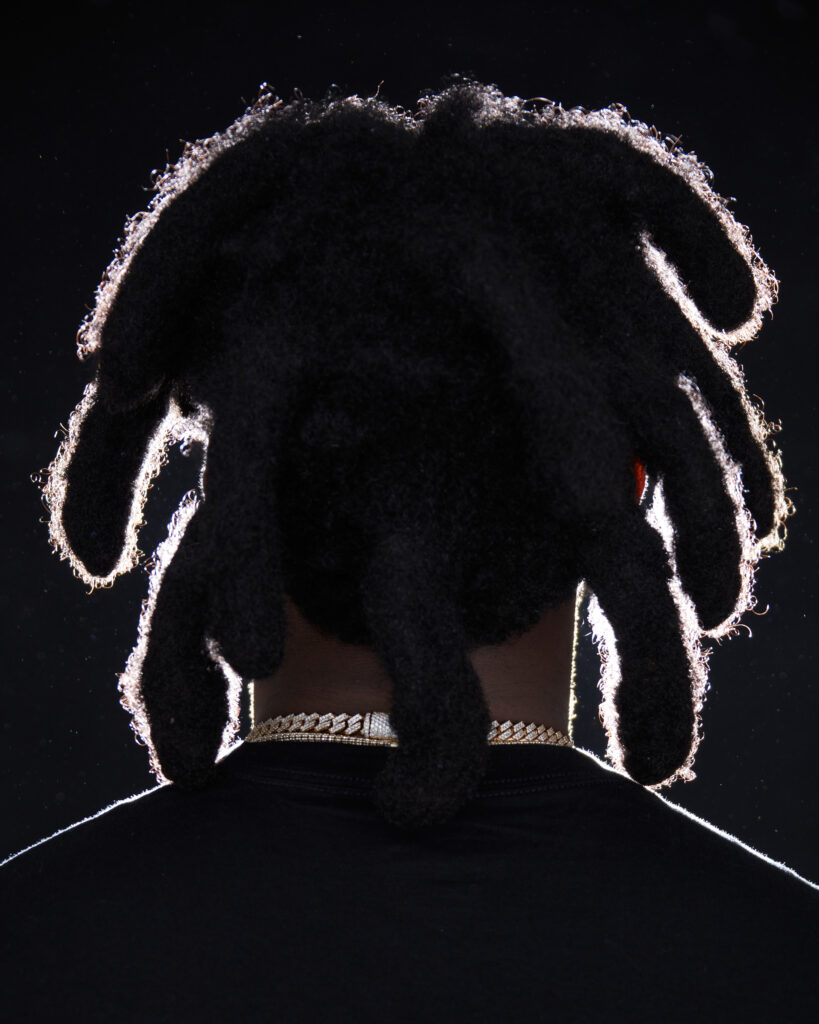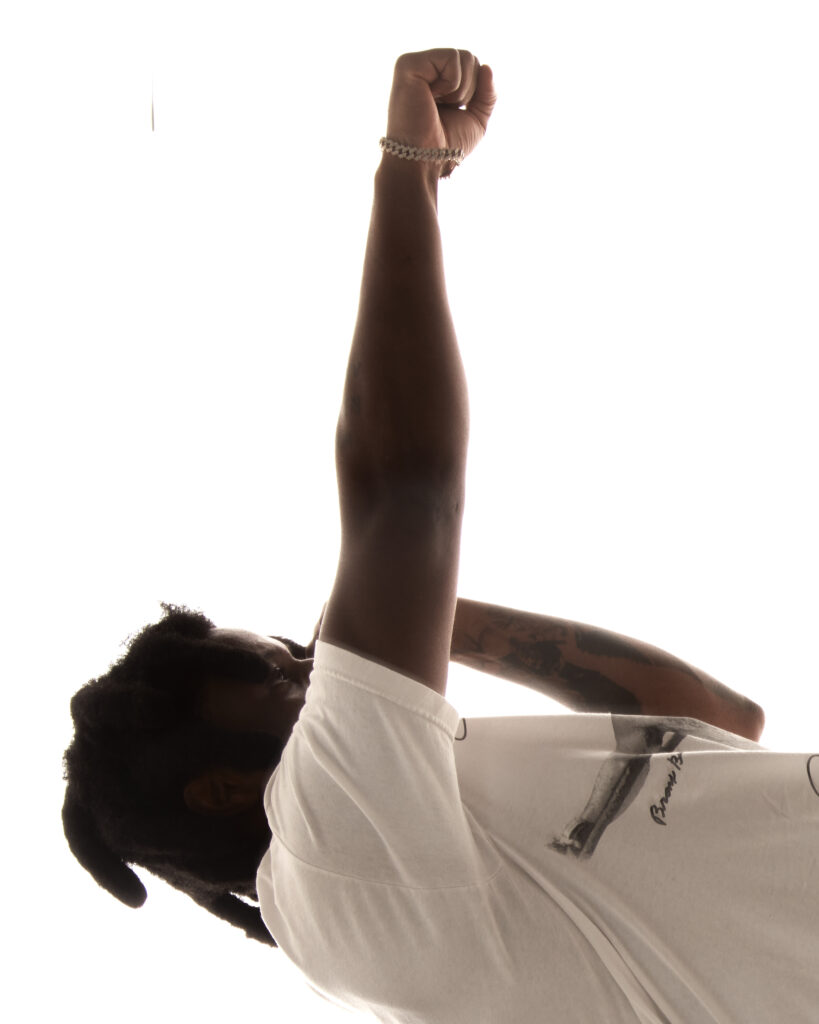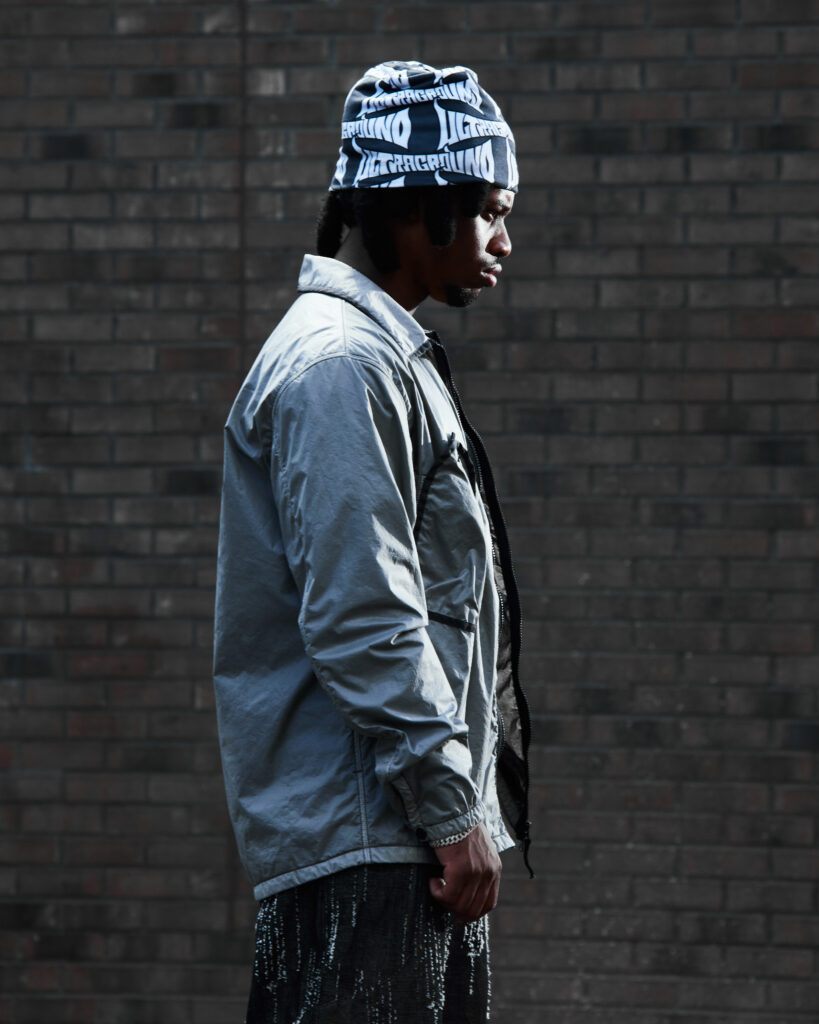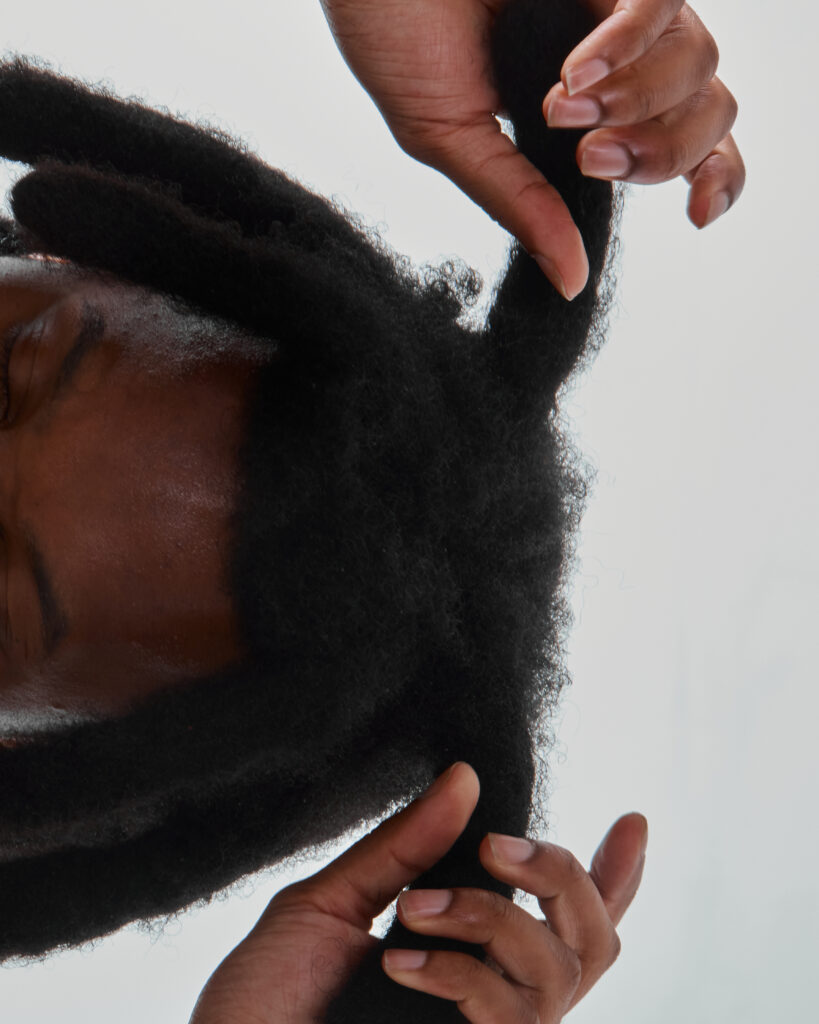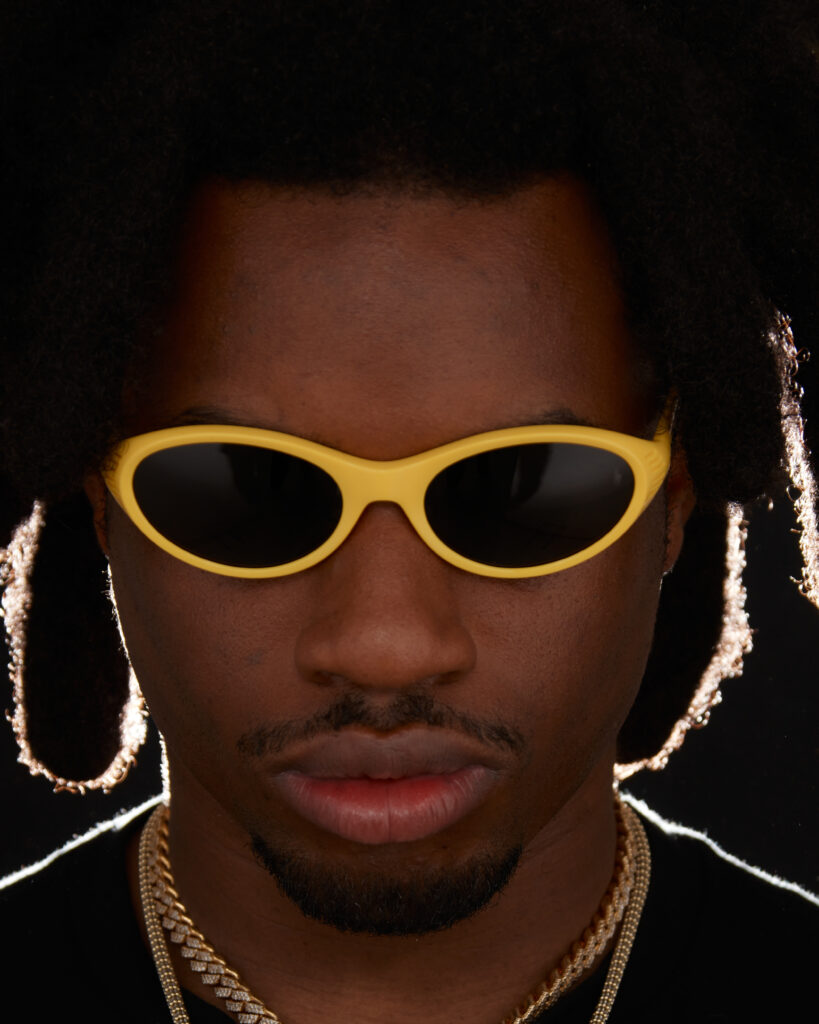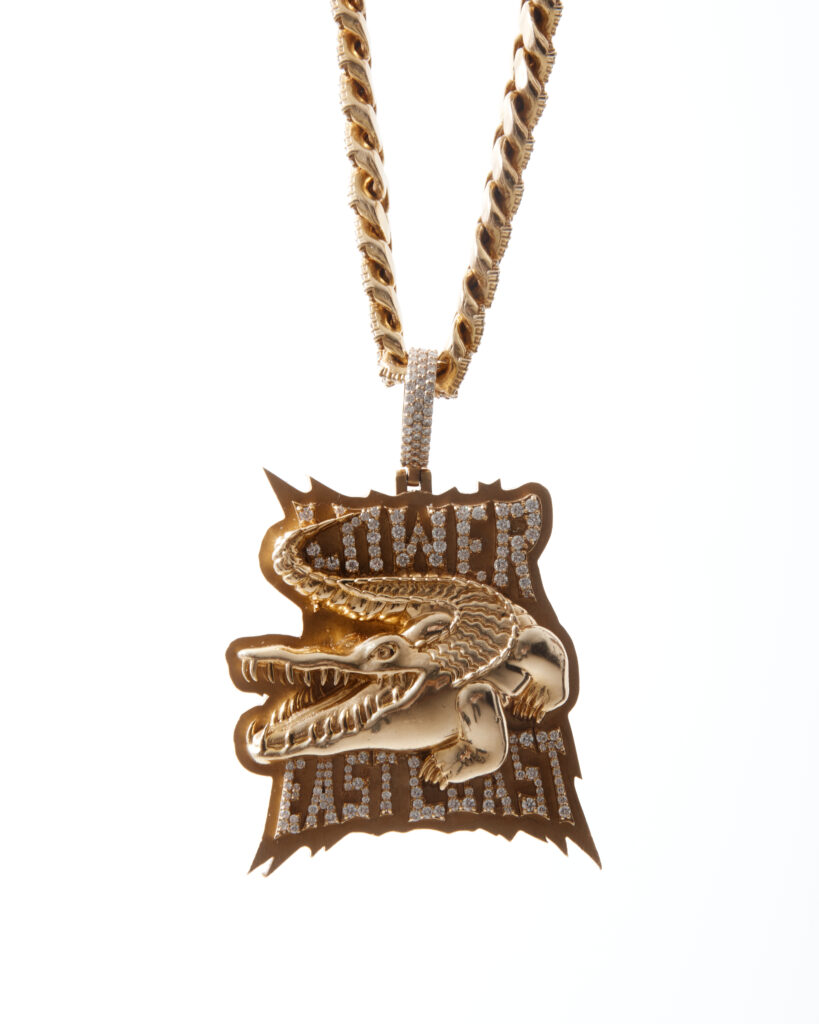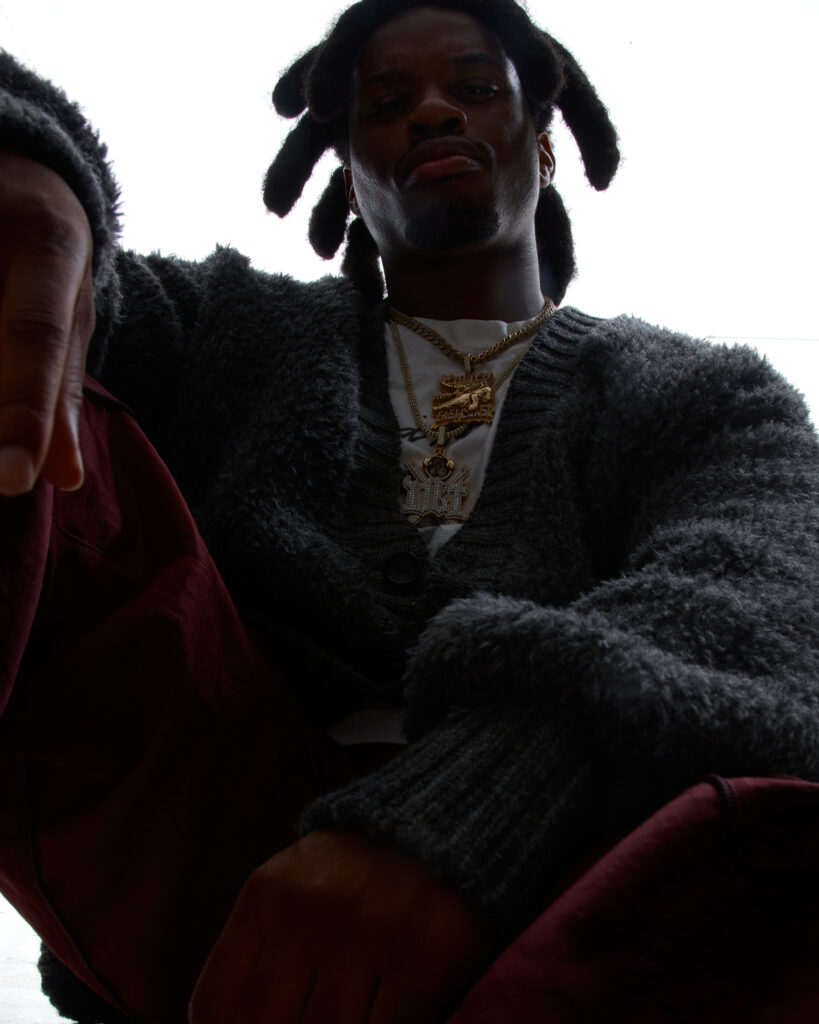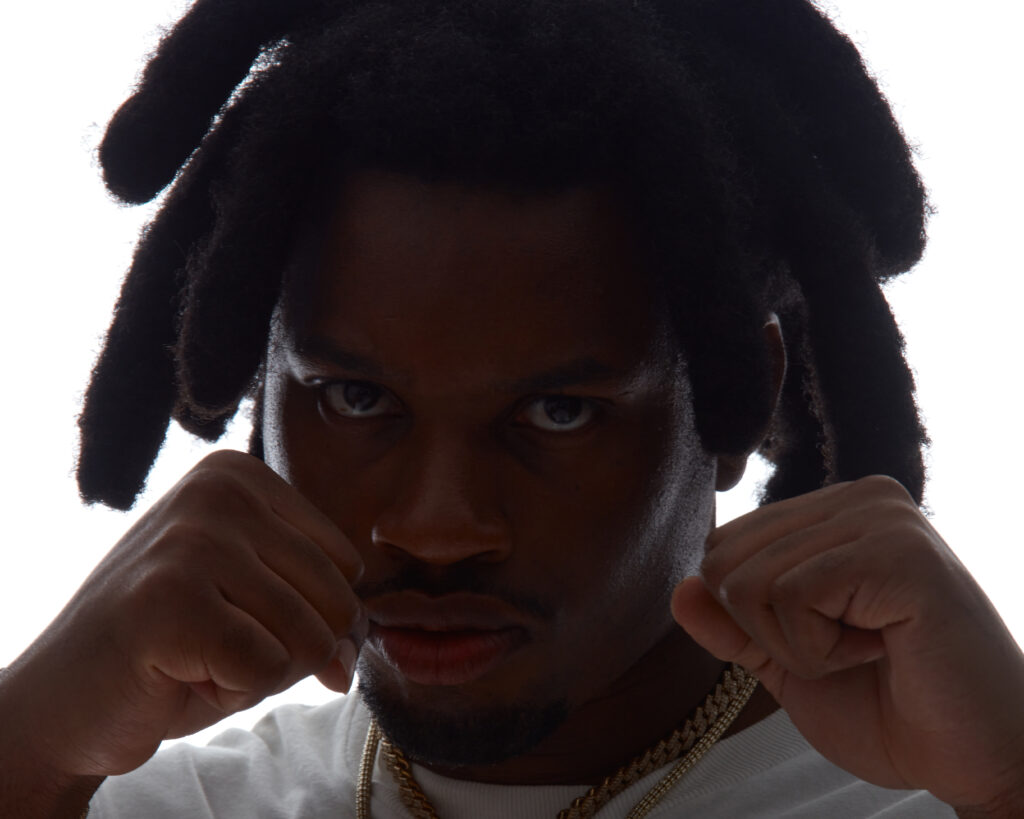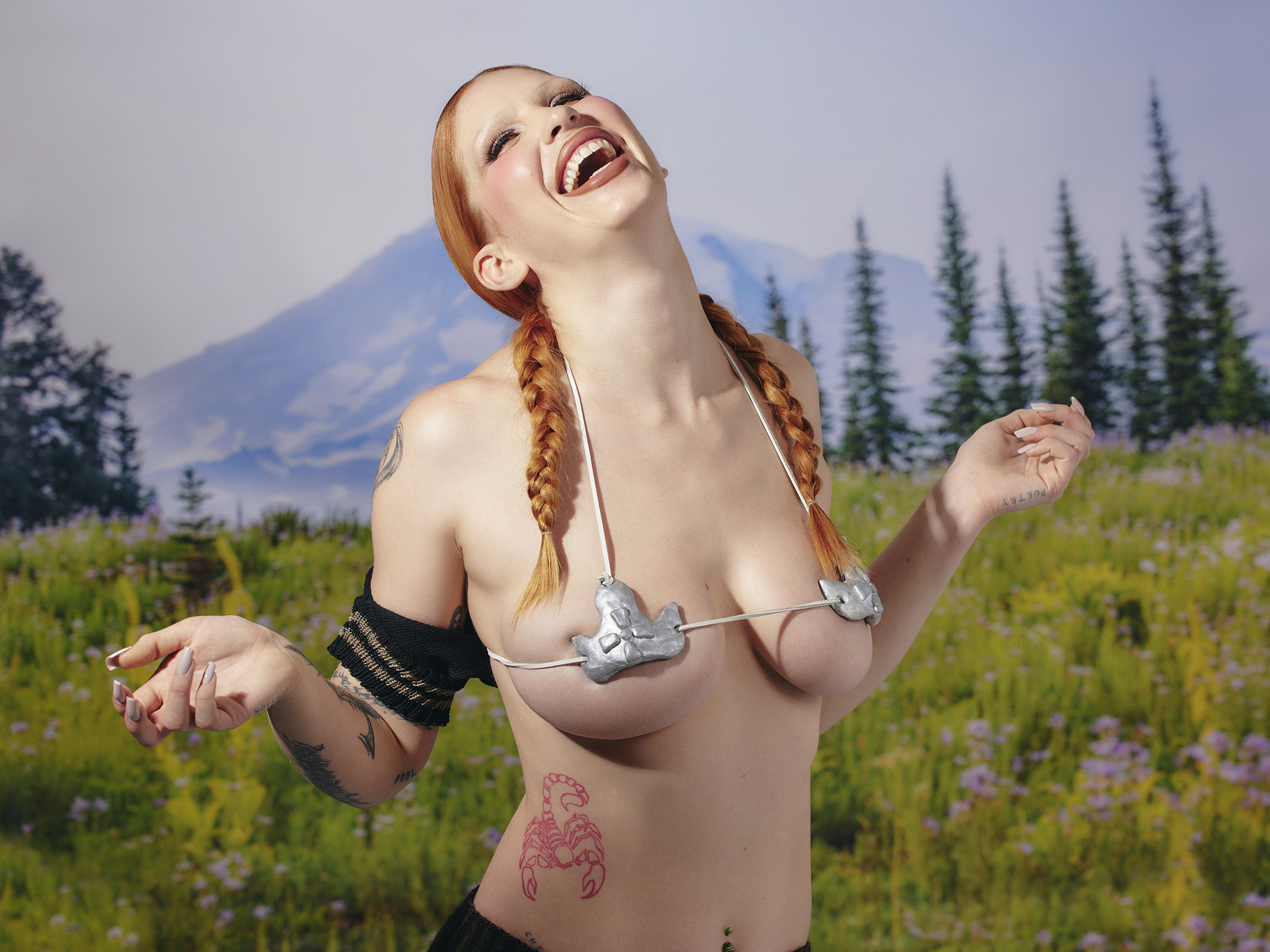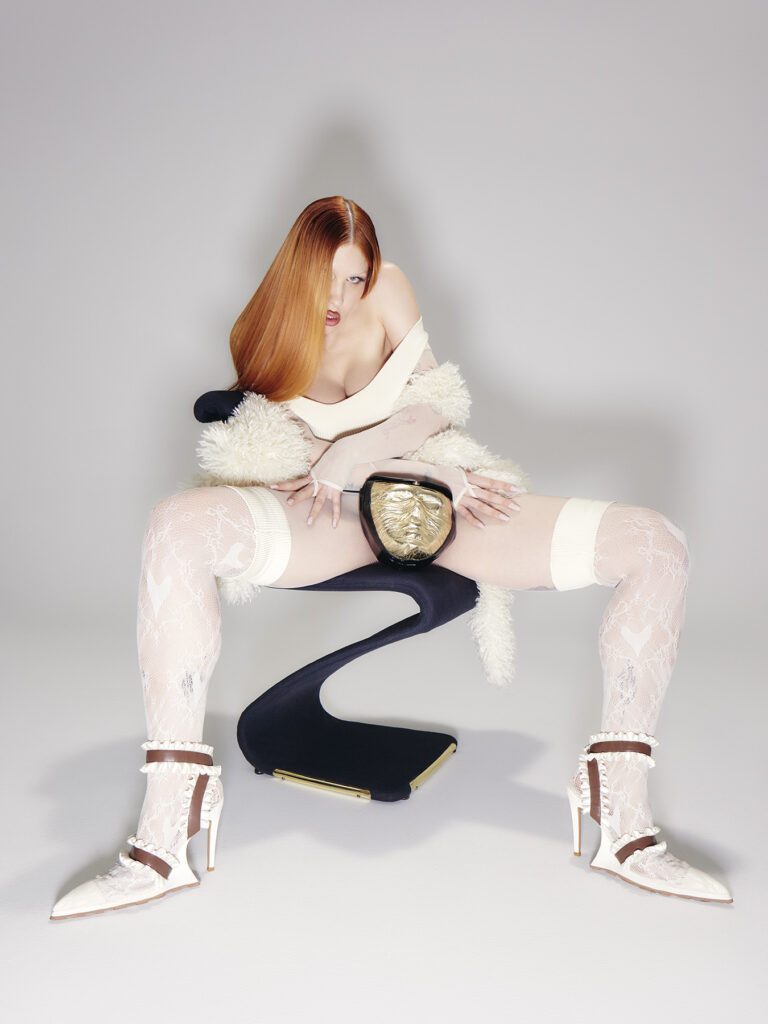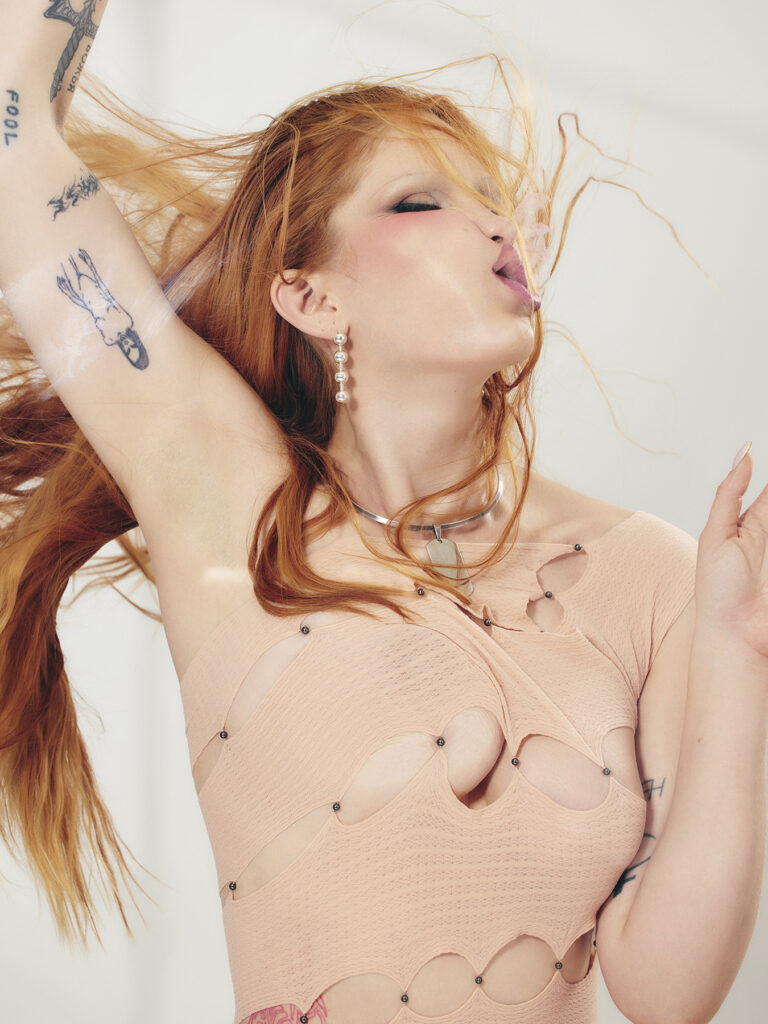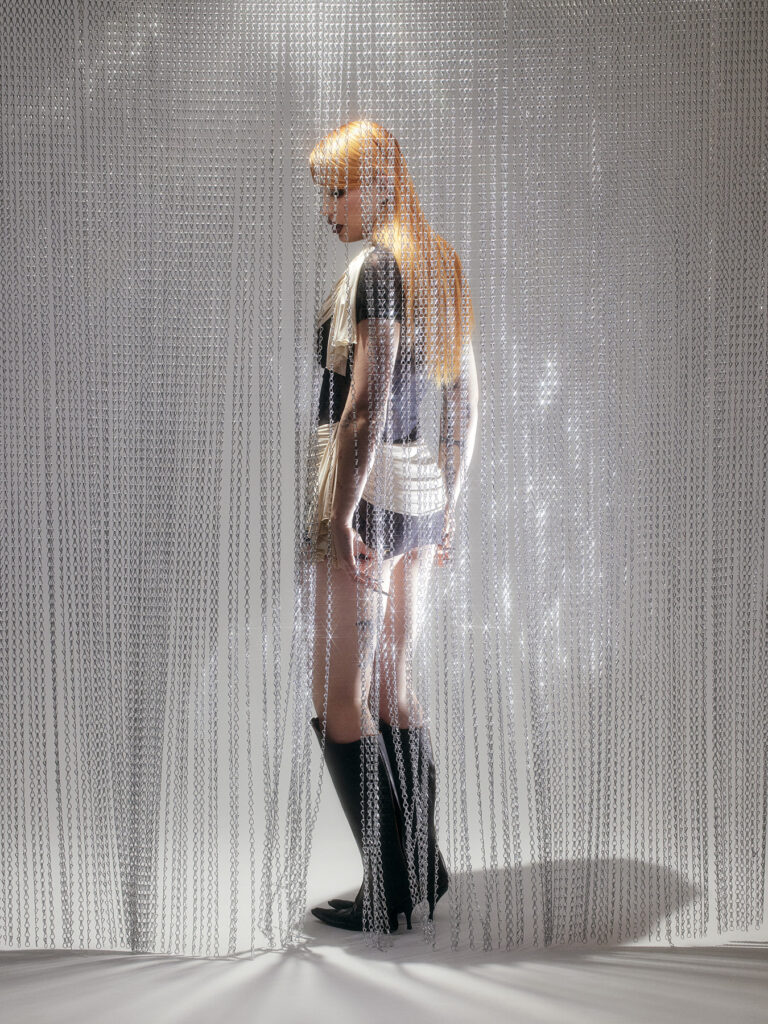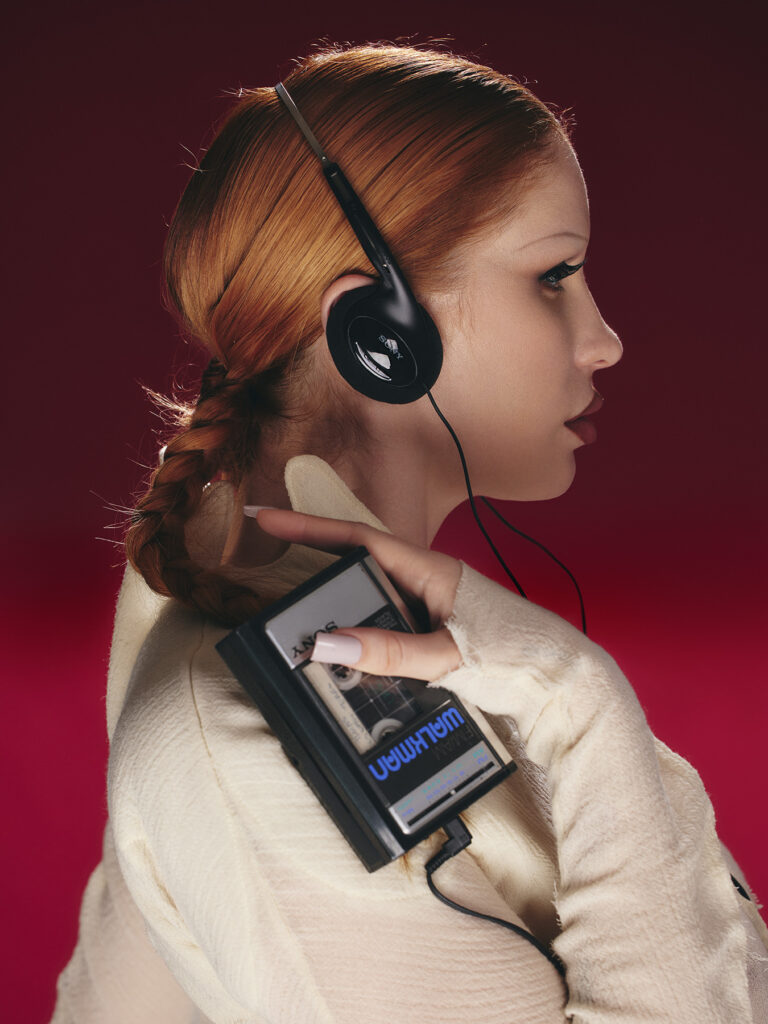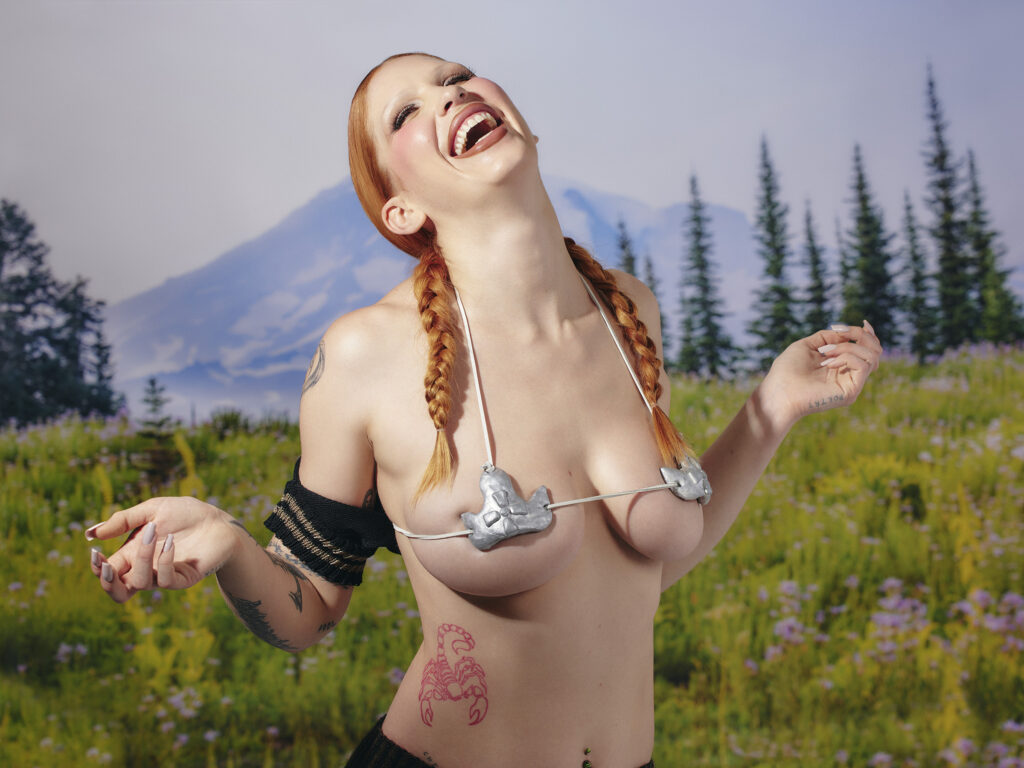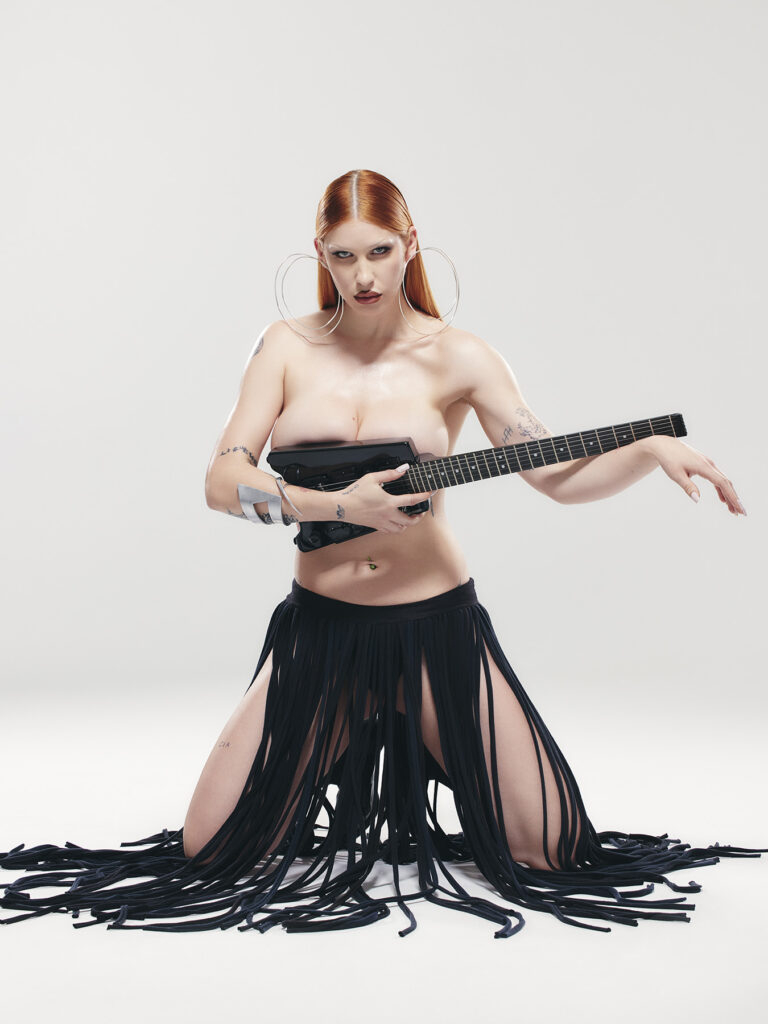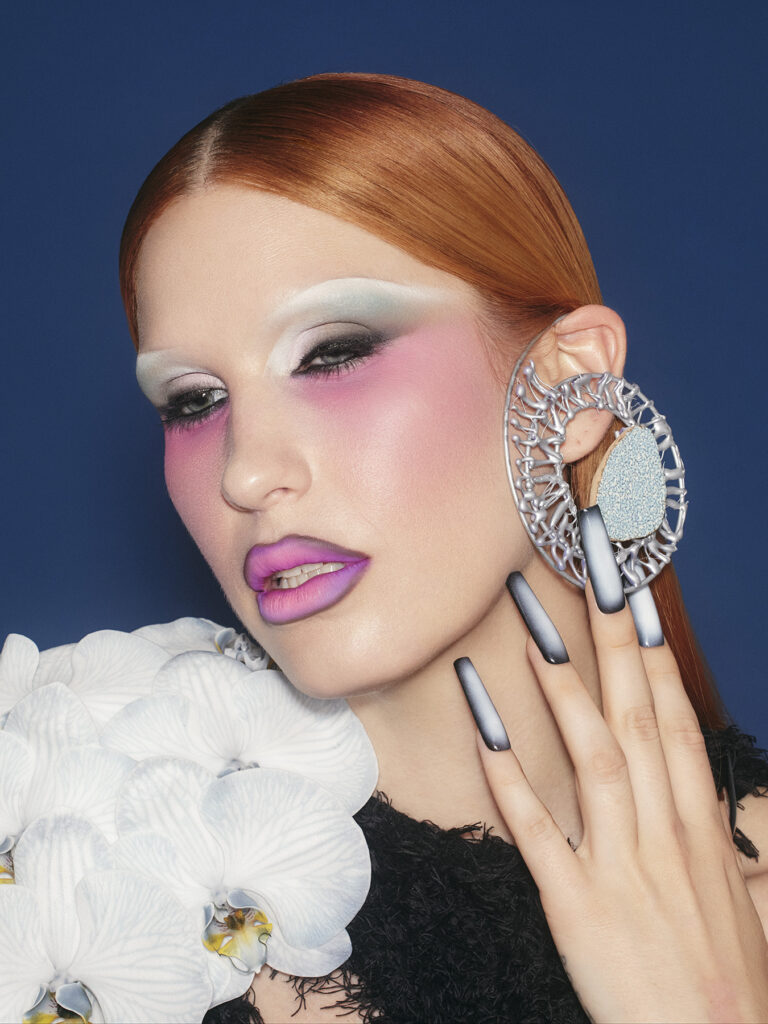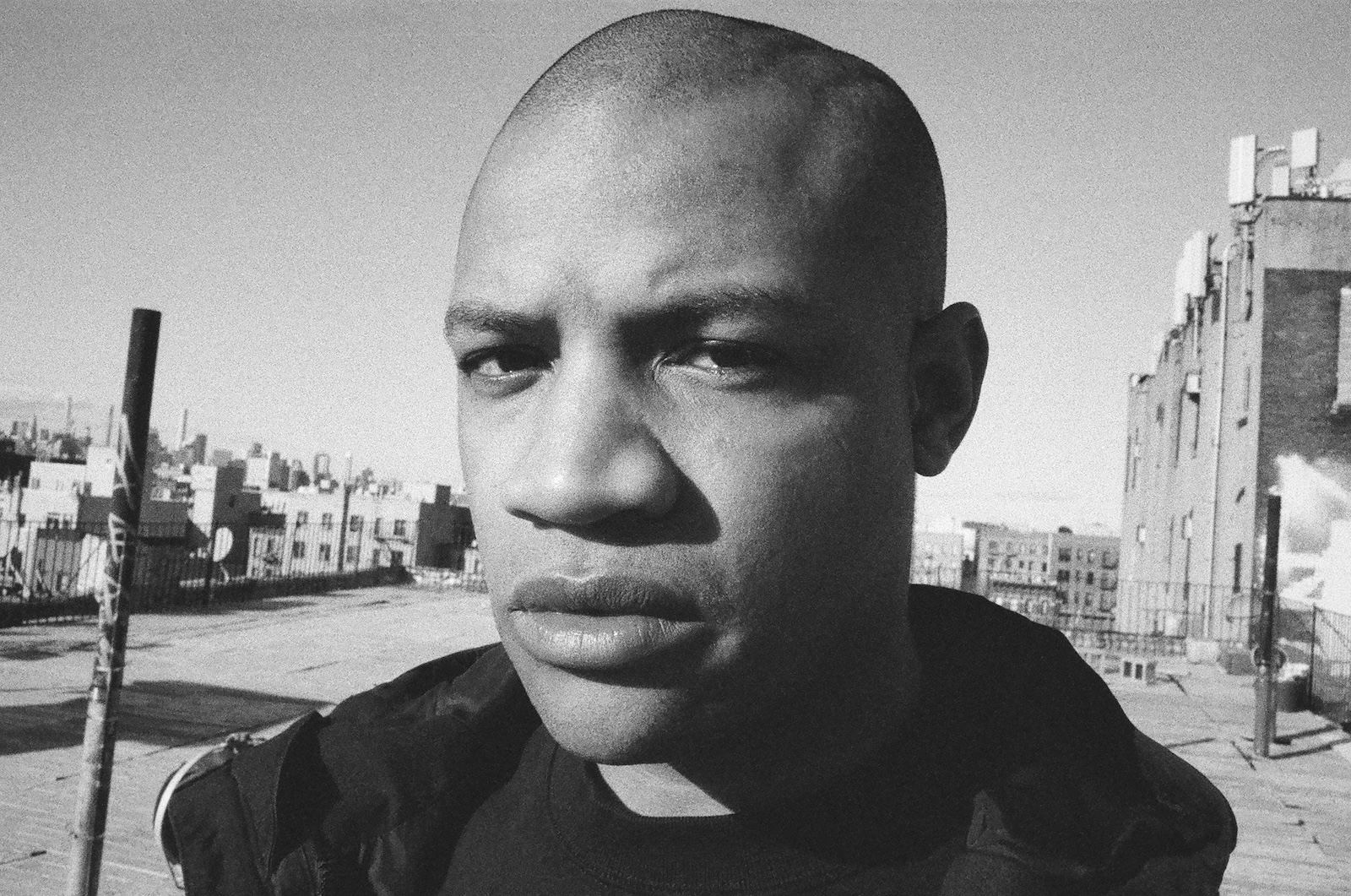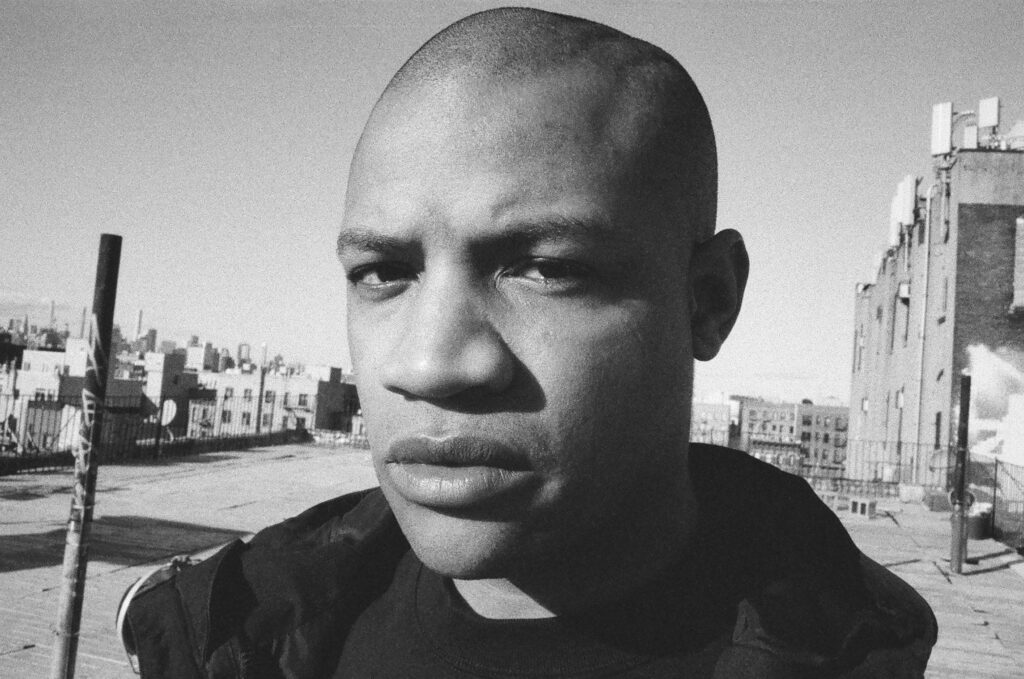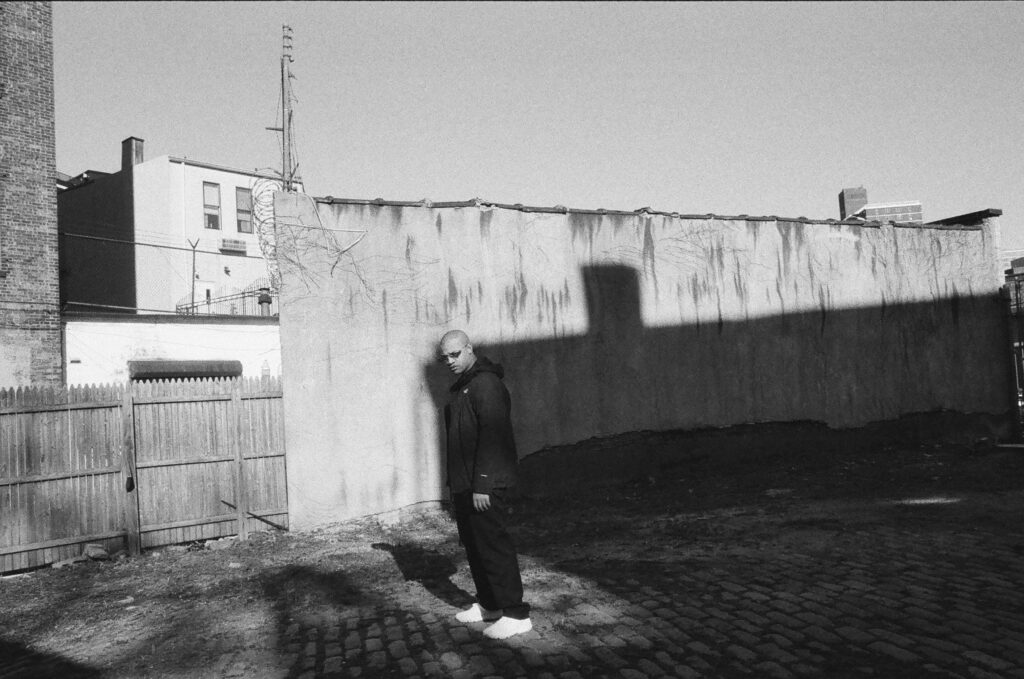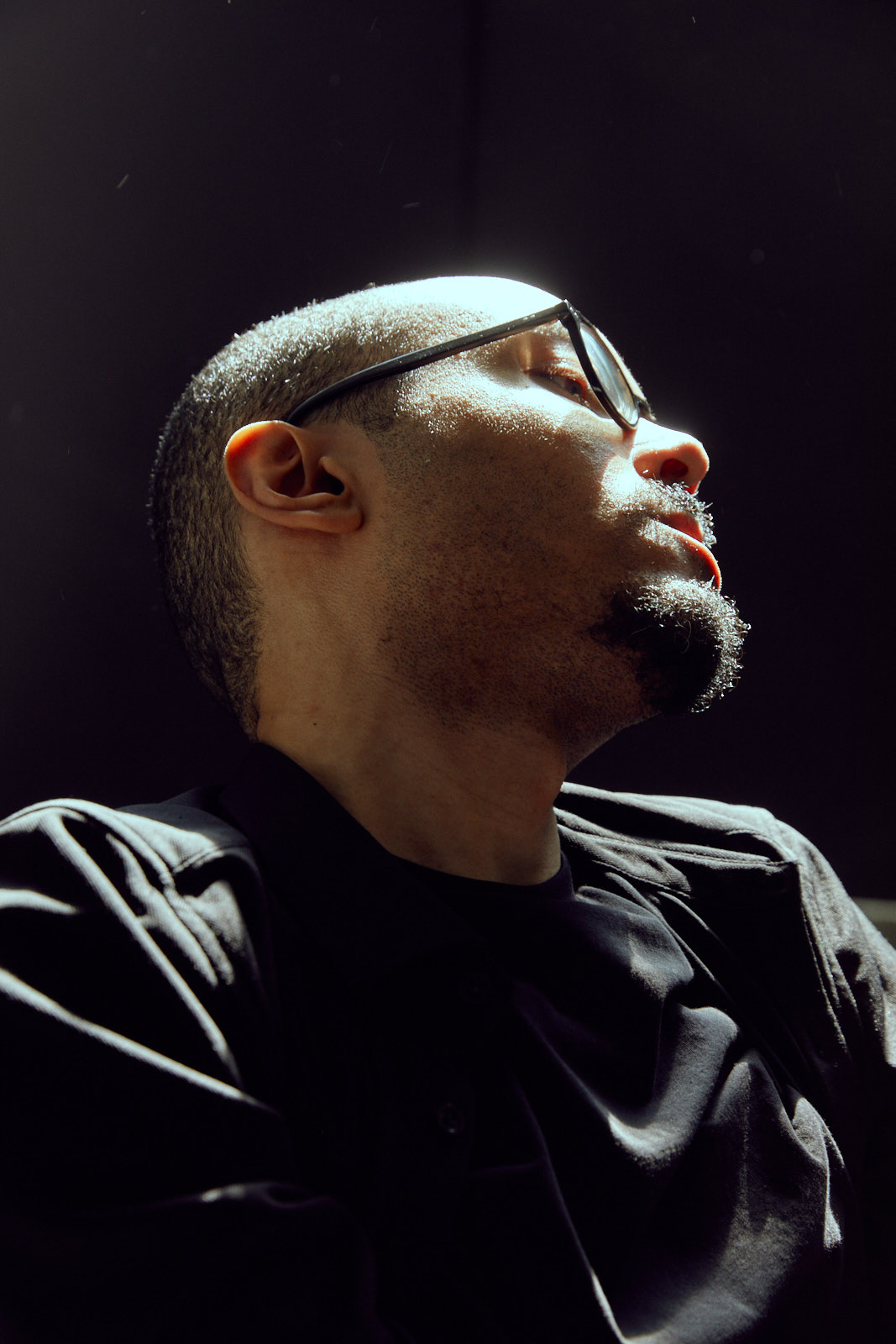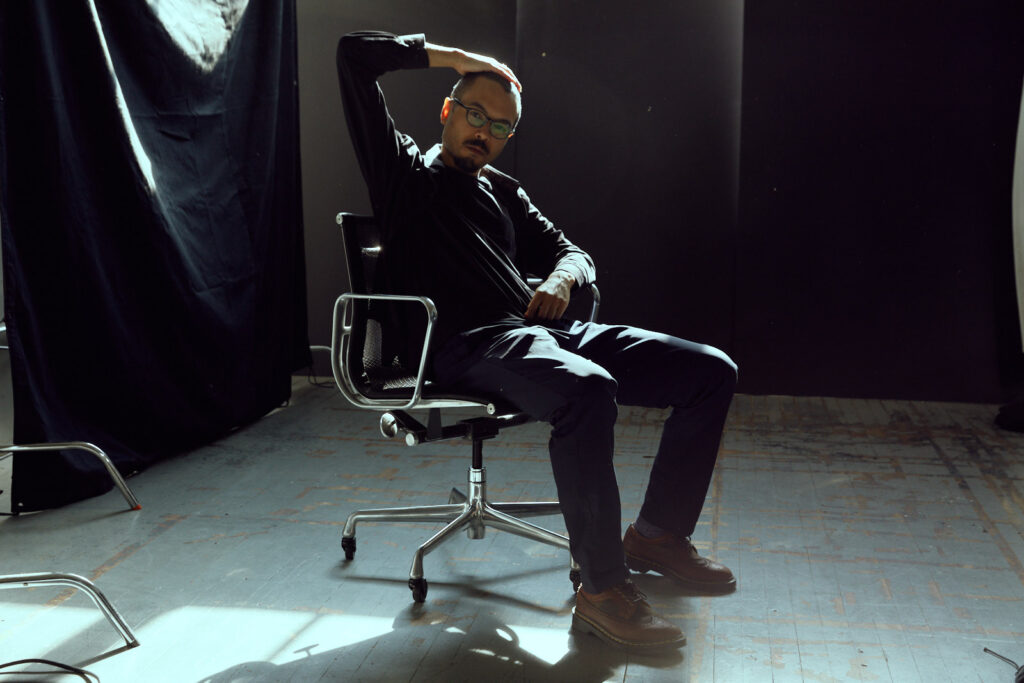I sit outside a cafe in Ridgewood, Queens with Eartheater on a balmy day in July. Sweat lingers on hairlines and we sip spicy margaritas, the salt dissipating lip liner, a visual synonym for loosening lips as we go from pink to red, it all comes around, laced and flowing. The constant droll of children and families passing by jumbles with the sounds of a man drilling into the side of the cafe, sirens wail and cars boasting prodigal subwoofers leave fallout to linger. Ridgewood’s grit isn’t overtly special to the unbroken eye but what hurts so much is the gnawing feeling that maybe you just can’t see it, can’t see the way to let it inside you, lapsing. Yet for Eartheater it is home, oscillating between the starfall that comes with stardom, “staying” is indeed its own genre of romance.
While many interviews have referenced her upbringing in distance and isolation, a first kiss in a graveyard – to bring it back here where the circle itself feels refreshingly right, bare as if “x” still marks the spot. On the brink of releasing her latest LP Powders in September, Eartheater, a known creator of sonic and visual worlds, wants nothing more than to feel grounded and in turn, free. Despite the ways in which she herself has become mythologized, a story we tell ourselves through speakers and high-pitched vibratos, Powders is influenced by memory and its tone conveys an enduring ache. As ethereal as Eartheater seems, her continued work with Chemical X, the label she founded this year, alongside the relationships she maintains with her community, remain her main sources of inspiration and emotional fodder. In turn, the lyrics themselves are often anecdotal, reflective of experiences she’s had, heart full, head full, exposed. As she continues her ascent, it’s everclear that though she is winged, she remains down to, and of this earth.
Eartheater: Do you think the album should be titled Crushing or Powders?
Lindsey Okubo: Even though Crushing is my favorite song on the album, I like Powders better as a title. Why are you oscillating between them now?
Eartheater: I get these moments where I get hit with an idea and a couple years ago, I knew I would make an album called Powder sand it was going to be about the process of breaking everything down to that state of being residual dust. Then all of a sudden, this always happens right at the last moment before putting something out, where I ask myself all of these questions. With Crushing it was about the action, the verb, the doing, which then made me think about what tool I’d use. I was up at six in the morning thinking of actually calling it “pulverizer.”
Lindsey Okubo: But what I like about Powders is that there’s kind of an innate softness to it, an implied sense of being refined and pure. It doctors a sense of magic because it’s the eventuality of something and maybe it’s also kind of about you?
Eartheater: And the synonyms are so vast. Powder is a spice, flour, salt, sugar. It’s makeup, it’s gunpowder, ammunition. It’s also liquid money. It’s cash. It’s soft and vulnerable but it’s also pigment. It’s powerful and transposable, it could be anything, turn into anything, it’s fairy dust. The verb “crushing” makes it more about what I’m doing now but powder is what it could be, it opens it up to the future, so yeah, it’s got to be Powders. I just turned in the masters and I don’t think I’ve racked my brain so hard with mixing. I don’t think I’ve ever talked through the process of it as much as I did.
Lindsey Okubo: Right and how does this feel different as things grow?
Eartheater: I’m obviously going to do what I need to do the way that I want to but as things grow, there’s more eyeballs. It’s a bigger thing with more pressure. I’m learning through every single album I make and am picking up where I left off. I’m learning the crux of engineering it all and understanding what it is to really make frequencies, emotions and ideas play. I needed someone who was not stressed in their life to mix this album because energy gets infused into it and I became very protective. It was an intense process but I am so grateful to everybody that put their blood, sweat and tears into this because I definitely was squeezing blood, sweat and tears from many, many a stone.
Lindsey Okubo: So it was someone new mixing for you?
Eartheater: This was the first time I had multiple mixers because I picked a specific mixer for specific songs. Before I would always have just one person do it all, which is what usually happens, but I really tried to be present, I sat there with them, talked to them and felt them. I’m really happy with the way I trusted my gut but it’s more than that, it’s following through.
Lindsey Okubo: How are you defining being present?
Eartheater: I think a lot of it has to do with communication and also giving myself the time because I realized my ears are so volatile and I’m not a machine. I can’t just listen to a mix and give feedback in that moment. I have to be in the right state to absorb it and hear it properly. I’ve been pushing back this deadline, driving everyone crazy, but I don’t care because it needs to be perfect.
Lindsey Okubo: You’ve spoken a lot about this sense of patience turned endurance you’ve cultivated across albums, communities turned collaborators that requires greater intentionality and nurturance because everyone exists in different environments and cadences.
Eartheater: I’m just being protective of the essence that is there. The magic can be in something that may sound like a mistake but you have to just be very vocal about what’s true and what needs to be cleaned and what needs to stay scuffed.
Lindsey Okubo: Right it’s all about communication but we often forget that communication is a learned process, it’s subjective. Walk me through this learning curve through your own experience.
Eartheater: Totally and it’s also about being open to learning in the communication because there were many times in this mixing process where I was getting way more in the nitty gritty of it to where I felt pretty tongue tied in trying to describe what I needed or what I needed to hear. Technically, because I’m a composer, arranger and songwriter, when it comes to the technicalities of frequencies in that world, I’m less versed. It was about being vulnerable, allowing the egg to be on my face when I’m trying to describe what I’m trying to say while knowing I might sound like a fucking idiot but pushing through it.
Lindsey Okubo: For so many artists there is this expectation to explain one’s work through verbal language, an artist statement, press release, or whatever it is regardless of the work’s form. It often presents this conundrum when it comes to how the work is received or presented. Do you want people to receive your work in the way that you’ve intended or do you prefer them to take what they will?
Eartheater: I definitely want to shine light and illuminate certain things. I understand that I’m in control of the listener’s ear and that is absolutely part of it but at the same time, I hope that people see a million other things that I never saw. I do really think about the multiplicity, or the myriad of hypothetical ways that someone could perceive certain lyrics or gestures. Ultimately, I don’t give a fuck but I do like to cycle through and explore all the nuances because that’s what makes it fun. To me a piece isn’t interesting or doesn’t hold my attention if I don’t feel like there are many layers of meaning or ways in which it can be interpreted, it’s about the triple entendre. I just want people to like to feel something, not just to fill the void of sound, I want to pluck heartstrings, I want to make them feel alive.
Lindsey Okubo: When do you feel most alive?
Eartheater: When I hear really good music from fucking legends! When I’m moved by art, when I’m moved by things that I feel like I want to be a part of.
Lindsey Okubo: How much of that is also tied to extremes?
Eartheater: I’m glad you said that because I think it is extreme. I think you have to go to extremes, you have to practice, you have to learn and you have to live your life and you have to be messy. It’s contradictions up the ass, getting chaotic, getting stupid – being very disciplined, being very hard on yourself, pushing, working hard, humbling yourself. It’s both sides of the coin and that in and of itself is extreme. I definitely drove myself insane, I don’t know if I’ve ever gotten so crazy.
Lindsey Okubo: I feel like that’s also just being in New York, you know what I mean? There does feel like there is this chaotic energy that’s been fueling everyone right now that feels collective and I think that’s also what’s special about New York. I know you used to work at Happy Fun Hideaway and they just had their 10th anniversary!
Eartheater: I was their first hire! I worked there for five years!
Lindsey Okubo: Crazy how many bodies have moved in that space, how it’s nurtured so many and and I feel like you’ve carried that same conscientiousness through to your pursuits with Chemical X and everything. You have this nuance of understanding community and understanding people in a way that definitely influences your music and maybe that gets overlooked a bit?
Eartheater: Well write about it, so they can read about it [laughs] I feel this album was a culmination of everything especially coming out of COVID and looking back on this crazy mountain that I built and climbed at the same time, I feel really proud of that. It’s hard for me to even adjust to feeling the magnitude of it because I do really just feel like a village girl being in this neighborhood. I know the butcher, the baker, the candlestick maker, I watched kids grow up on my street, taught them how to play the guitar and now they’re applying for college. I wanted this album to feel grounded. Trinity and Phoenix were fantastical, there was this sense of reaching out and Powders is about breaking things down, unabashedly using nostalgia and romantic memories, pulling them forward.
Lindsey Okubo: I feel like nostalgia has also become the buzzword that it has because of how quickly things move nowadays. The role of memory has become a lot more prominent for the same reason.
Eartheater: Has it? We definitely want to feel more grounded because where’s the substance? What is the material? Maybe the memories are the powder and here I am with a butterfly net, trying to catch the powder. It’s like cultural compost or something.
Lindsey Okubo: There’s a lot of duality in your work and it’s important to acknowledge that the things that seem, feel or look most obvious have an underbelly to them. For example, I’m curious what the role of innocence plays in your work? The loss of innocence seems like it mirrors your trajectory in a seductive way.
Eartheater: Yeah that’s interesting, I have to let that simmer. I didn’t go to school, I have a weird upbringing and there’s nothing I can do about it. I am who I am. There’s a lot of ways in which I’m like, shit, I probably would be so different if I had been trained and put through the same sort of experiences that most people are and I feel very different a lot of the time. I just have to stay okay with not knowing what something is, saying I don’t know what you’re referencing. Sometimes it’s hard to admit that but it’s better than pretending.
Lindsey Okubo: I almost feel like that’s a blessing because it warrants a sense of singularity to you. I feel like when you say you have different references, connection then more so becomes about emotional benchmarks.
Eartheater: I’m glad you said that, the emotional alchemy is something I try to hone in on which is what I love to do with the lyrics. I try to express emotions that are difficult.
Lindsey Okubo: Right and how adjacent is poetry to it? I know I’m staring at your tattoo of it right now. It’s interesting to think about who you’re speaking to, who you’re writing about and how it all becomes abstracted? For instance, in Clean Break that’s seemingly such a strong visual cue but could also be an emotional one.
Eartheater: I feel the poetry is what’s abstract, but if you really process it, the meaning is quite pinpointed. In Clean Break, I was actually just speaking very anecdotally and talking about what happened with that song. Lola came over and I just got back from tour in Mexico. Along the way, one of my bags that had my laptop in it went missing and my phone was pickpocketed. I got home and had no way to communicate with anyone, no computer, no phone but I still had to edit this video for Lola. I walked to my makeup artist, Nina’s apartment and sang to her window so I could call up MOSHPIT, who I needed to edit with.
Despite this involuntary isolation, I was able to connect with Lola to hangout and to comfort her as she was dealing with a breakup. My mom is English so making tea for these situations is like a reflex but I didn’t have a teapot but I had this cylinder glass vase. I filled it with tea bags and as I’m pouring the hot water in – boom! The bottom of the base drops off, a perfect, clean break. It doesn’t shatter and I’m exclaiming to Lola about how insane this is but she’s crawling on the floor and I’m looking at her like she’s crazy. She eventually leaves, I’m sobering up and I looked down on my coffee table and there’s a perfect pile of glass shards. In her stupor, she had noticed that it wasn’t a clean break. She has been crawling around picking up all the shards around my living room. Something about it just hit me and the song downloaded into my brain. I grabbed my guitar and lo and behold, there was no way to record it because I had no phone, no computer but I stayed up all night writing the song and it was heaven. It was paradise because finally I had the space to write.
Finally, there’s time for the concerto without this technological fodder. Duality revealed itself in how annoying it was but also what a blessing, being a clean break, but not a clean break, what I’m going through and what you’re going through – and how we’re going through it together and it’s completely different things but there’s this spiraling magic to it. A concerto is when you have a soloist against the whole orchestra, right? It’s like our experience versus everyone else’s that we’re around. I decided to use the word concerto to reflect this sense of being closed-minded which we will always be to a certain degree. As much as we want to empathize, it’s like how concerto of me to not see, it wasn’t a clean break.
Lindsey Okubo: Just in hearing you tell the story, I know how everyone has mythologized you because you’re a world-builder but at the same time, it’s in these personal mythologies that the real magic lies. It’s being able to see the signs, being open to the synchronicities and connecting the dots.
Eatrheater: It’s simple! The self-awareness oscillates, but it’s part of it. You have to allow yourself to plunge into things where you’re going to experience something, where you’re going to learn. That’s what I try to tell my babies, I think it’s really hard right now because people are really scared.
Lindsey Okubo: You mean with Chemical X? What are they scared of?
Eartheater: Of making mistakes. Yeah with Chemical X, but a big sis now for a lot of artists in the community.
Lindsey Okubo: Right and I think in not wanting to make mistakes, you realize that there is a formula for things nowadays.
Eartheater: Well, yeah, but that’s boring! How are you going to make anything new? If it’s a formula, it’s already been decided for you.
Lindsey Okubo: Yeah and for those that you are a mentor to, how are you helping them to achieve that? People don’t really see the difference between success and fulfillment nowadays and they equate one with the other but one feels totally different. There is no room for this sense of fulfillment because people want to be this person, they want to be this person, now. Agreed?
Eartheater: I feel a huge sense of fulfillment but a lot of people around me are telling me that there’s so much potential for ultimate success and I’m like, I feeI like I made it! I could have never imagined that things could have even gotten to this point. I’m so grateful every day but everyone wants more and more, but for me to do that, I actually need to sit back, collect and live. There’s an input and output to this process. I feel extremely fulfilled in the work and maybe I don’t have the numbers but I don’t care, the respect is there. Where I don’t feel fulfilled is in the part of my life that isn’t about music and I’ve been hell bent on it in my own way which is getting nitty gritty, staying grounded but I need to go out and see shit, I’m not going to be locked in my fucking tower, I’m ravenous.
Lindsey Okubo: Right and that activates this awareness of time because time doesn’t stop for anyone and if you sequester yourself, when you come back down, you often feel this disconnect between the community you’ve built in lieu of the pressures of being an artist.
Eartheater: I just love shooting the shit with all the characters and all the people and reminding myself, what is more than this rat race? I think that’s where the romance is, that’s where I find so much material for songwriting. I’m definitely at this place where I feel fulfilled in the work and I’m excited that after this album and the next album, to reconstruct my mode a little bit.
Lindsey Okubo: How would you go about doing that?
Eartheater: I want to try some new things out like acting, maybe I make a fucking cookbook [laughs] There are so many things I enjoy outside of this. I want to ride, I want to buy a horse. I want to train, I want to do show jumping, that’s what I thought I was gonna do before I did music. I want to lecture, I want to teach, I want to learn, maybe I’ll go to school? I love that it’s opened up to the point where I can even think about that because from what I came from to be quite honest, for me to be successful this is the only thing that I could do. Otherwise, I would be mucking stalls or waiting tables. I’m doing this so that I can then have the freedom to then do other things.
Lindsey Okubo: It’s refreshing too because I also feel like when certain people ascertain this level of success, they pigeonhole themselves into identifying with what they do. I feel like even if they have other interests, they feel like they can’t explore them. I feel like nowadays it happens too often because everyone wants to be “relevant”.
Eartheater: I am bringing it back to farming, like, you can deplete a field of the nutrients of a certain plant if you’re always planting the same thing there. You have to let it rest and plant a different plant there and then move the other one to another space. I need to redistribute my energy to be renourished. It’s a wonderful feeling, but I feel like it’s the last squeeze of a particular root. I make it difficult for the structures of industry in that sense because people just want a mode of product development and to create commerce around that, but I’m not a machine.
Lindsey Okubo: What’s your relationship with time?
Eartheater: I think I’m really rebellious. I remember when I was 18, I thought I had to put out my first album then but I didn’t, I put my first album out when I was 26. The pinpointedness of age and time and the expectation to deliver at a certain point didn’t help me at all. As I do in many aspects of my life, even in myself, if I see something being too much of a soapbox or godhead, I rebel against it. I decided not to give a shit about time and it’s definitely one of the motifs of my lyrics. In doing so, I gained so much more clarity to just do what I need to do. It relieves the anxiety because that thought process is just a feedback loop. Despite the world being topsy turvy right now, I feel more wise, acute in what I need to do and more strength in my voice than I ever have. What a gift that is! It makes me feel youthful. I want to exist there.
Lindsey Okubo: Right and even in just being a woman, we do have to more or less face the realities of the biological clock at the same time which creates this whole ageist attitude. So much of age is more so just solidifying how you personally define things like trust, hope and faith and that only deepens through experience.
Eartheater: Ageism is adjacent to sexism and it’s the power of mindset! The difference between faith and hope? With hope, you’re allowing there to be a possibility that it might not happen. Faith means I know wherever I’m going is gonna be cute. I’m gonna make my little adjustments to make sure it’s cute, but I have faith in myself to be able to do so. The glass is half full with hope but faith is the fountain.
Lindsey Okubo: Ultimately I feel like it’s also something that reflects your personal power. You have your horse tattoos and I feel like it’s also that kind of iconography that embodies this idea of power. But again, duality, can’t have power without self-doubt.
Eartheater: Power for me is knowing, no matter if everyone around me is unsure, I’m sure. There’s a spectrum of self doubt and you have to look at it and address it. Don’t immediately shun it because that’s being an ignorant, egotistical, balloon-headed asshole if you’re not actually asking, why am I doubting this right now? Because sometimes it’s right, maybe it’s actually correct but you have to dissect it. What voice is speaking in the microphone right there? Oh, it’s that little bitch that said that one little thing and what is she doing with her life actually? Or wait, it’s that motherfucker that has their shit together? I actually am gonna listen. It’s a process, it’s complex and that’s what we need to talk about more – the complexity of our thoughts, the tree of association.
Lindsey Okubo: I was talking to the Paris Texas guys about safety and stability and they were saying that safety is about having the space to have those conversations with yourself, being able to sit down and think about things. As an artist or creative person, you’re constantly thrown into new situations with new people in new places and this notion of stability goes out the window but how do you maintain a sense of assuredness?
Eartheater: Back to power again, there’s a lot of things we can buy to make ourselves feel better, but we also need to remember that we can do a lot for ourselves with nothing and that’s self love I guess. I think it’s about trusting your gut and not being afraid; and part of not being afraid is making mistakes and making a fool of yourself. I do think that this has to be an aspect of the identity of being an artist because right now with the exhibition of social media, people expect things to be so buttoned up and perfect, and that’s so boring to me.
Lindsey Okubo: Yeah, we crave rawness. What are some of the mistakes that you’ve made, if you want to talk about them?
Eartheater: Being so inspired by something and trying to do it without realistically understanding the amount of time it takes to execute it properly. It’s letting those dips happen so that you can rise in another way later.
